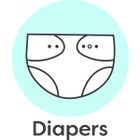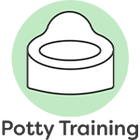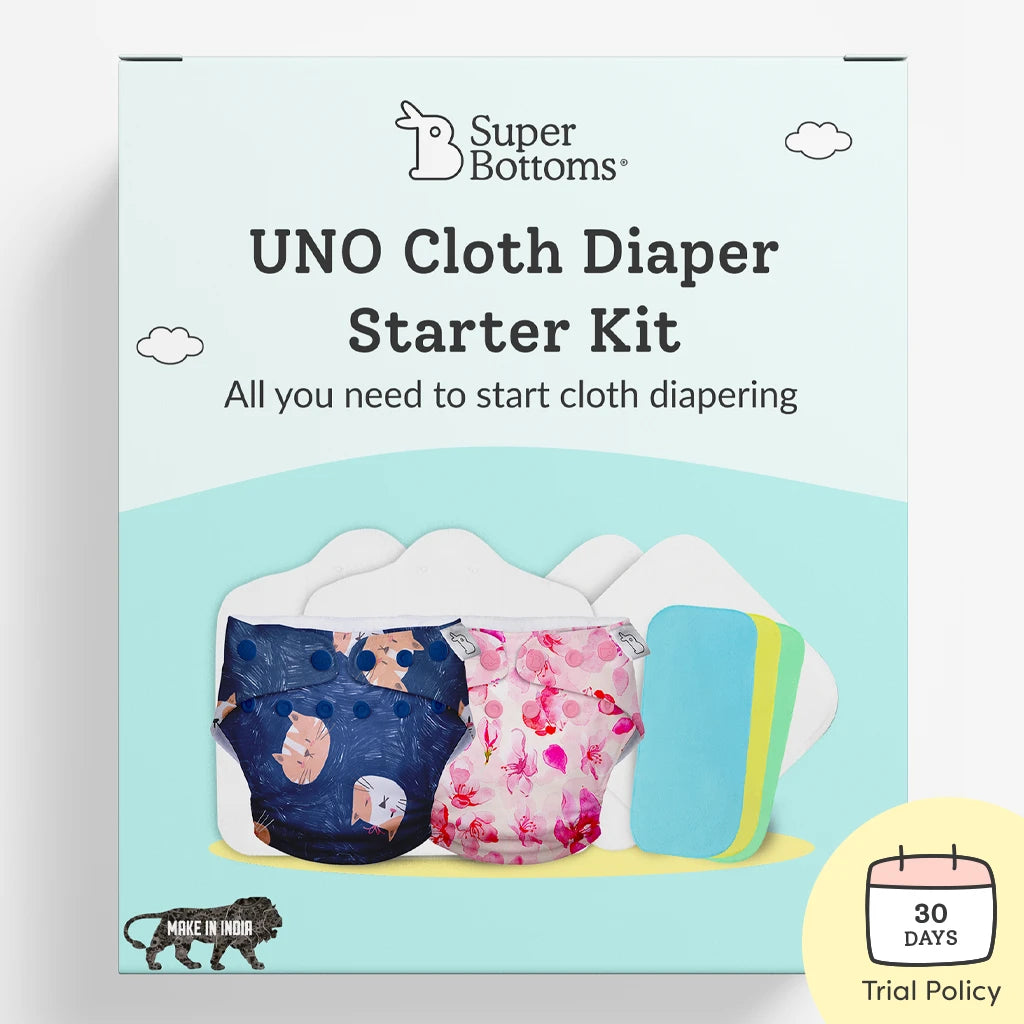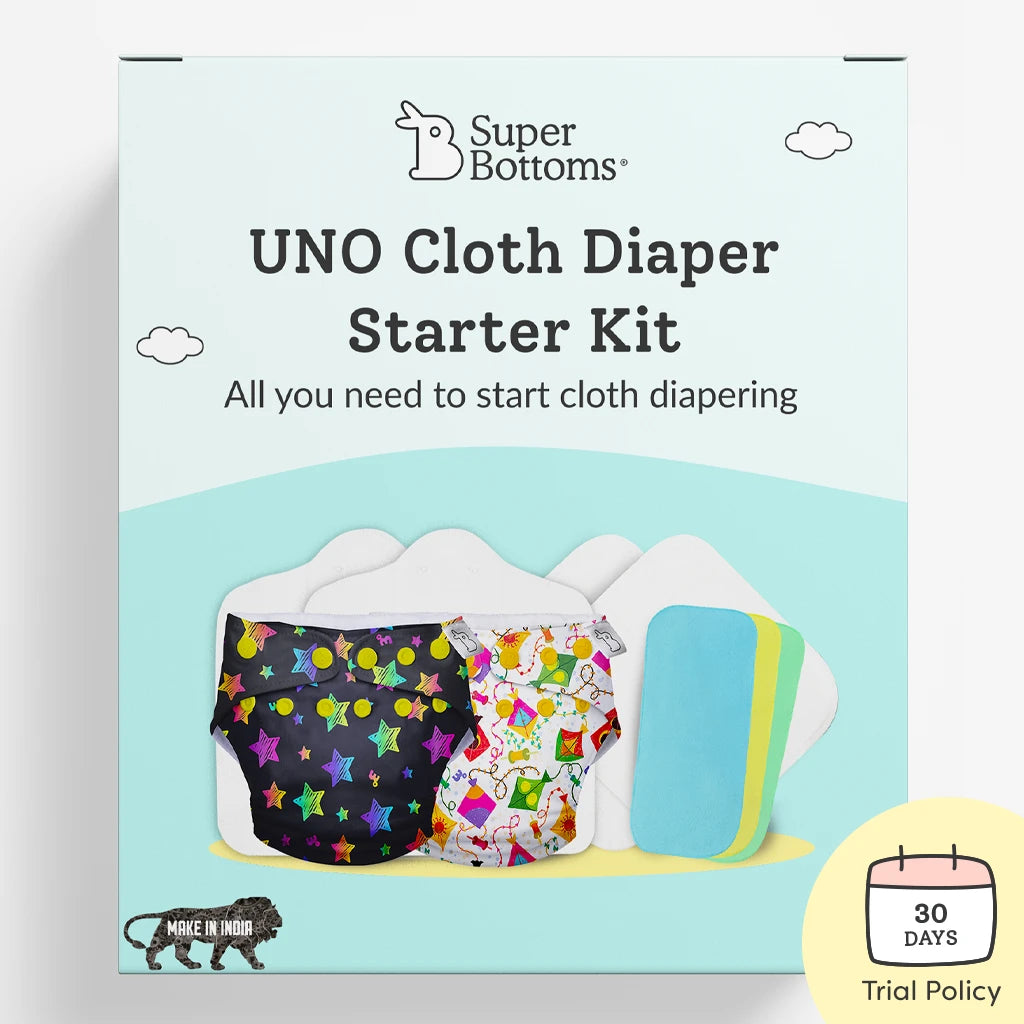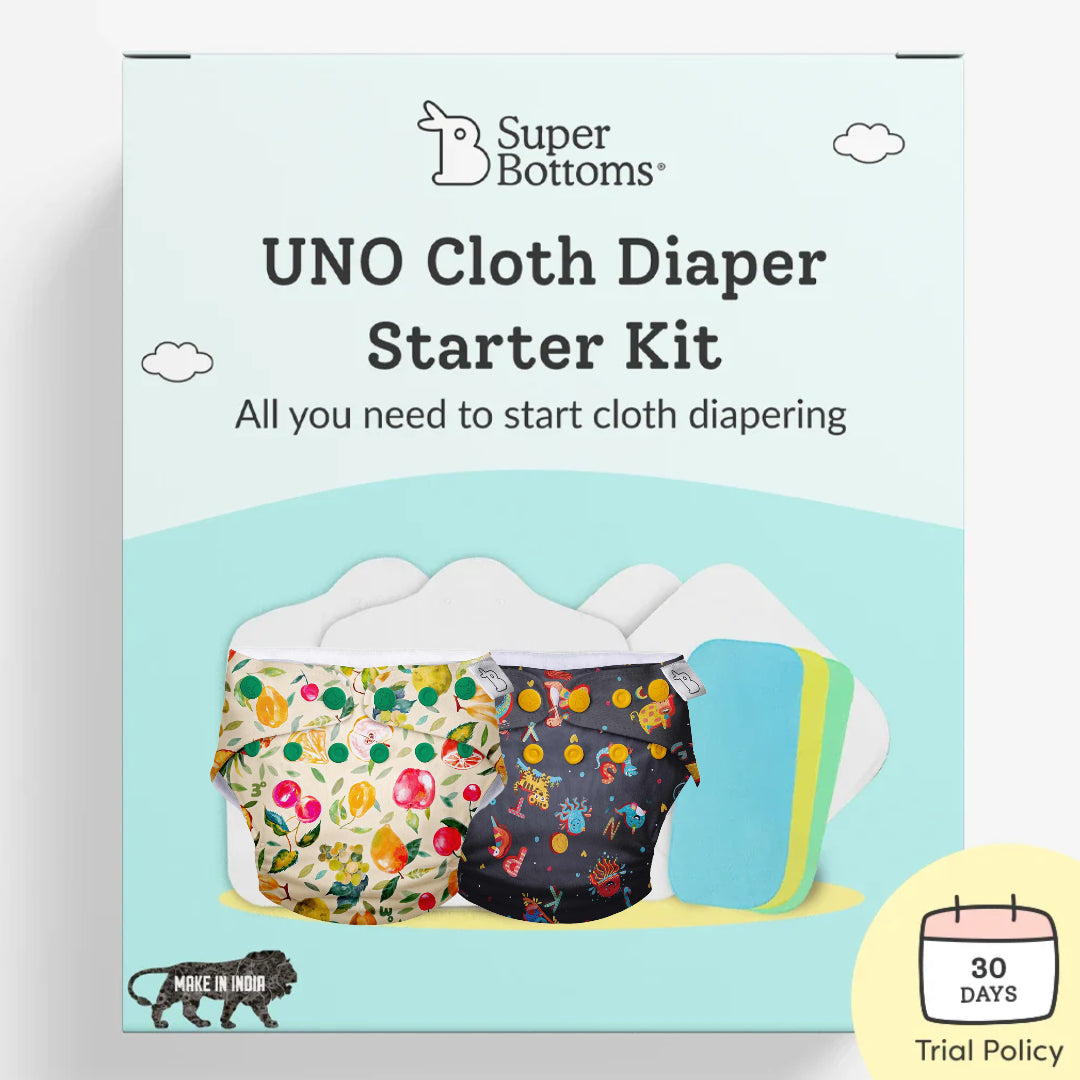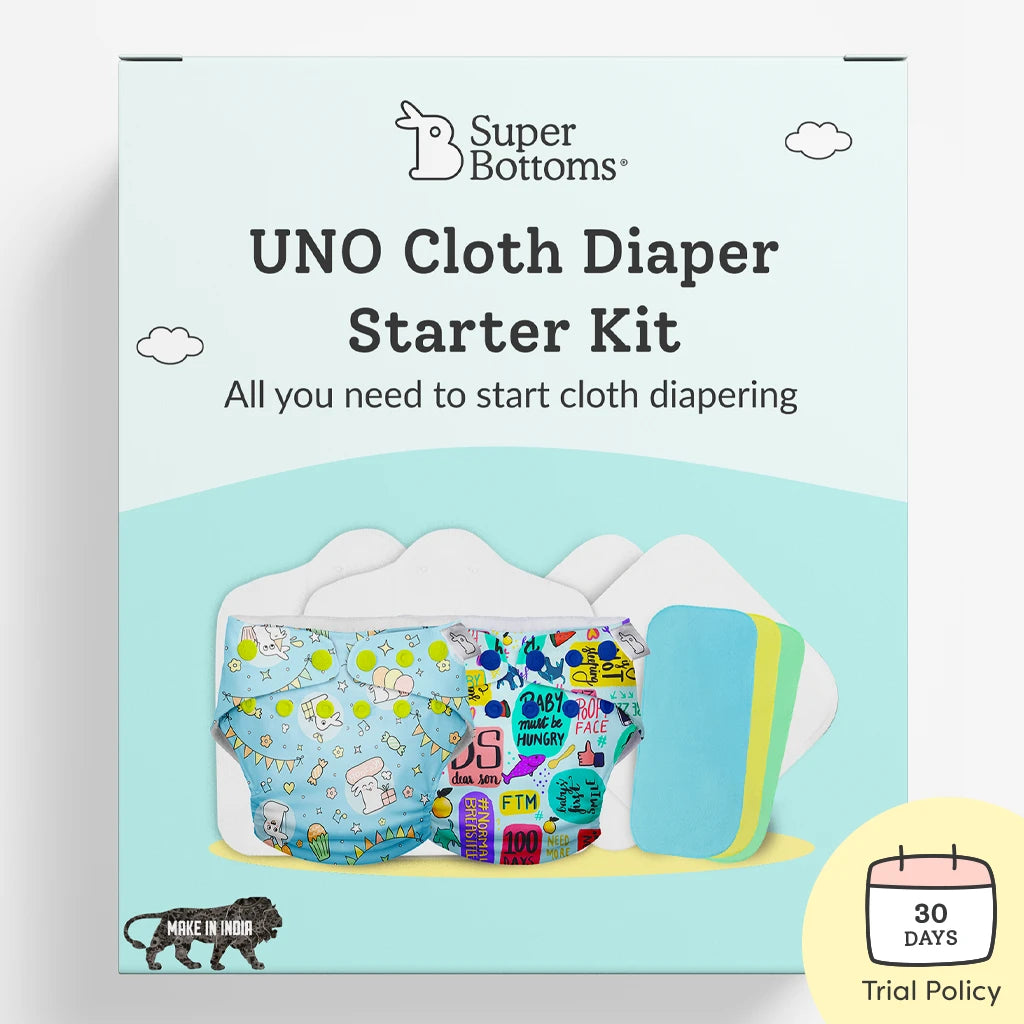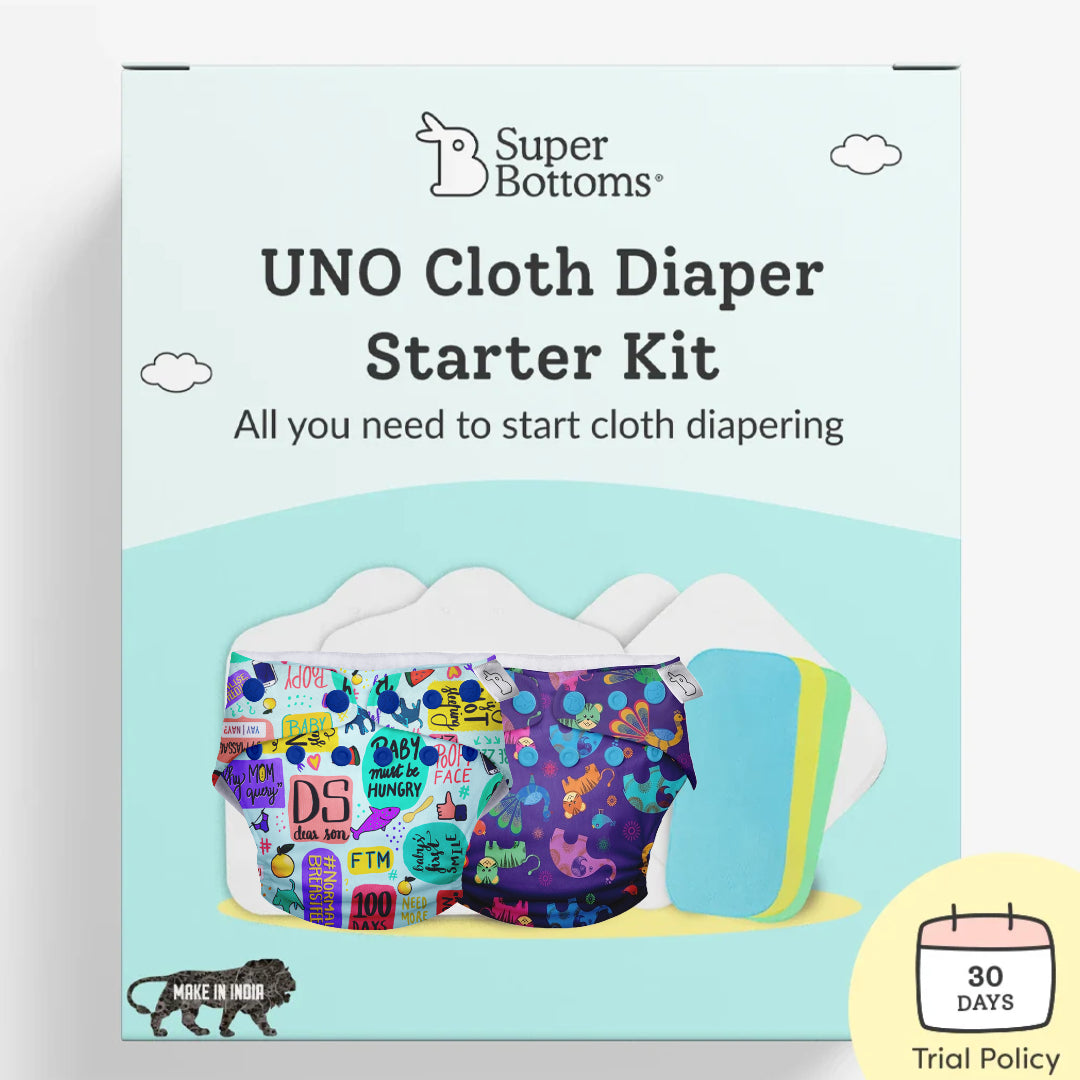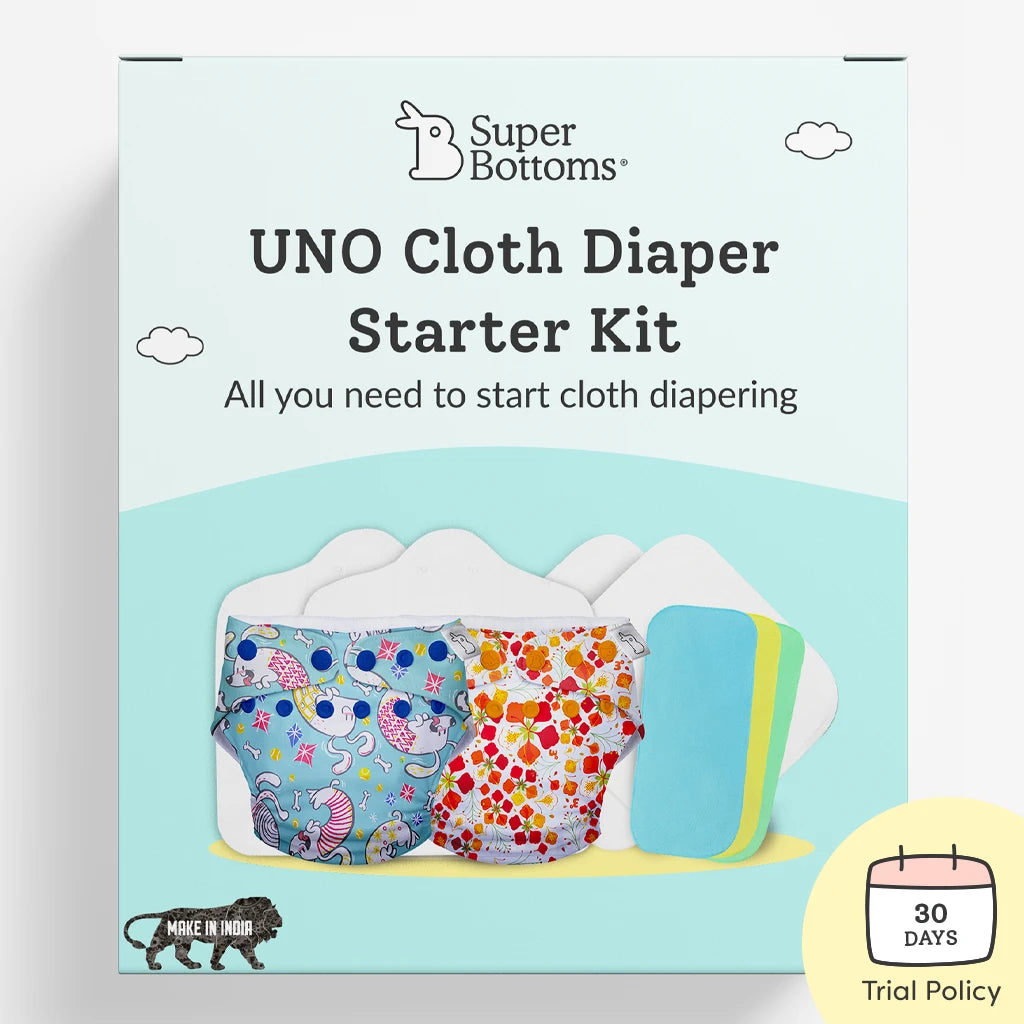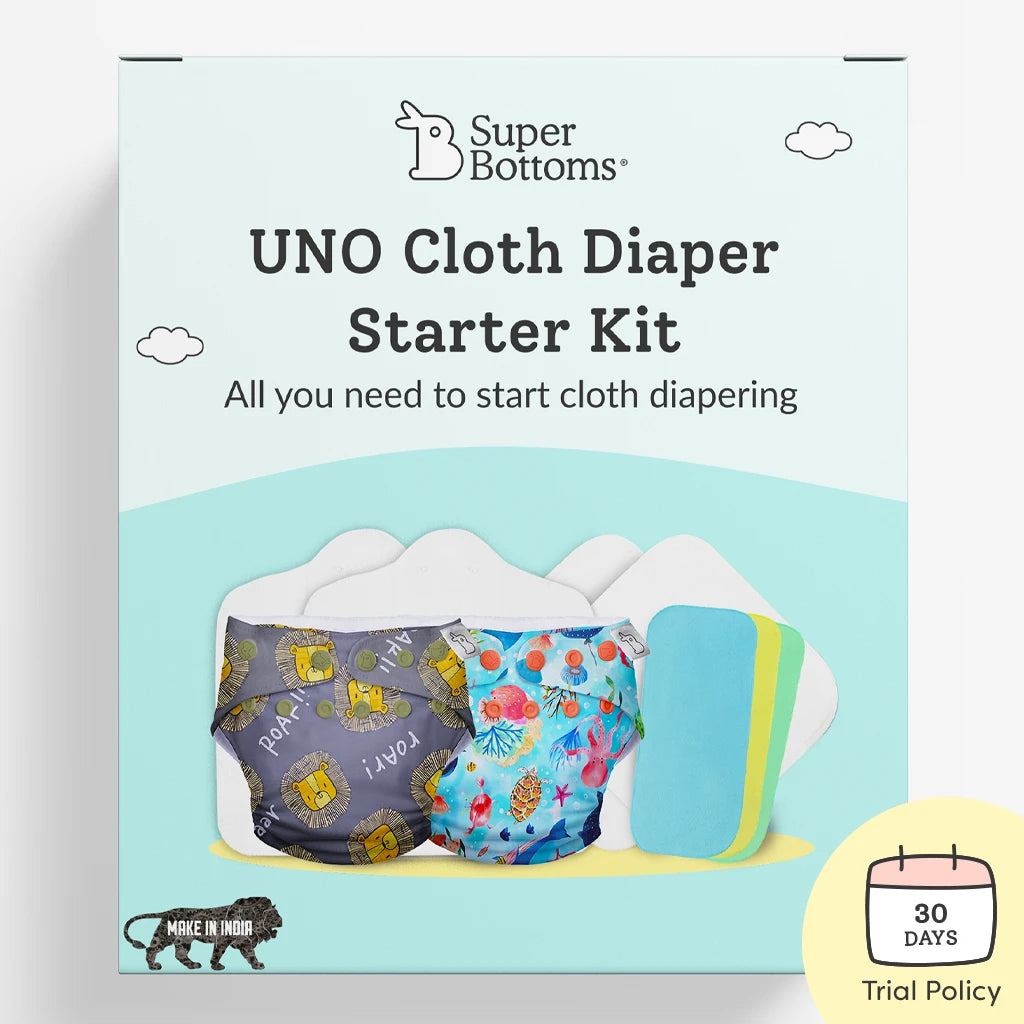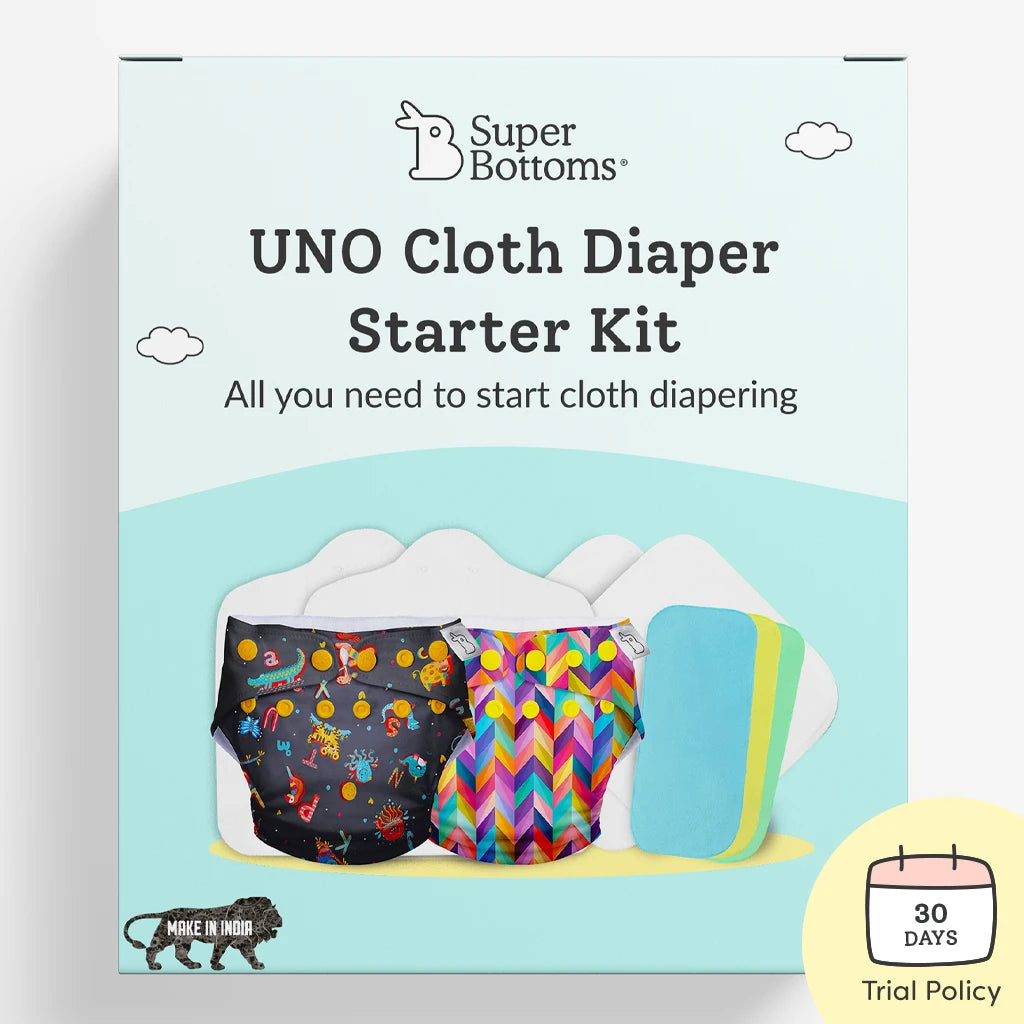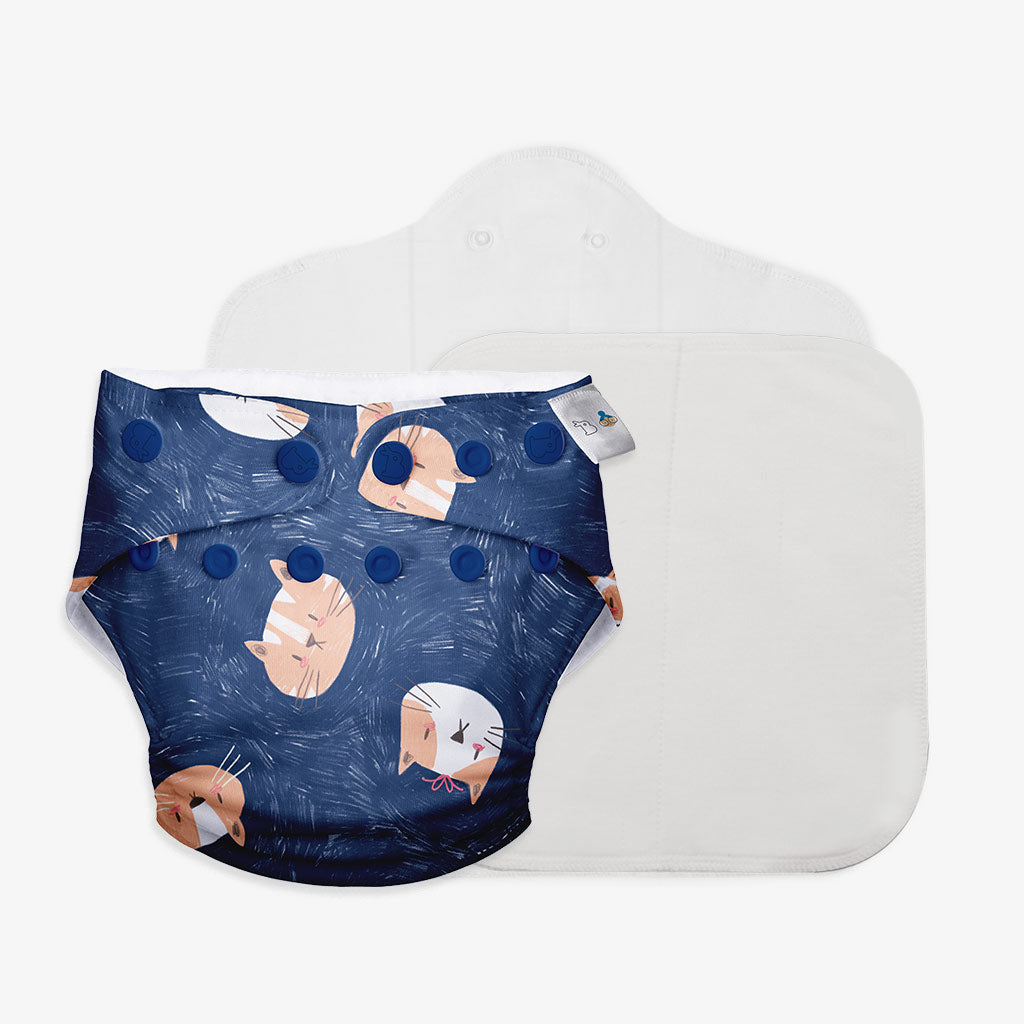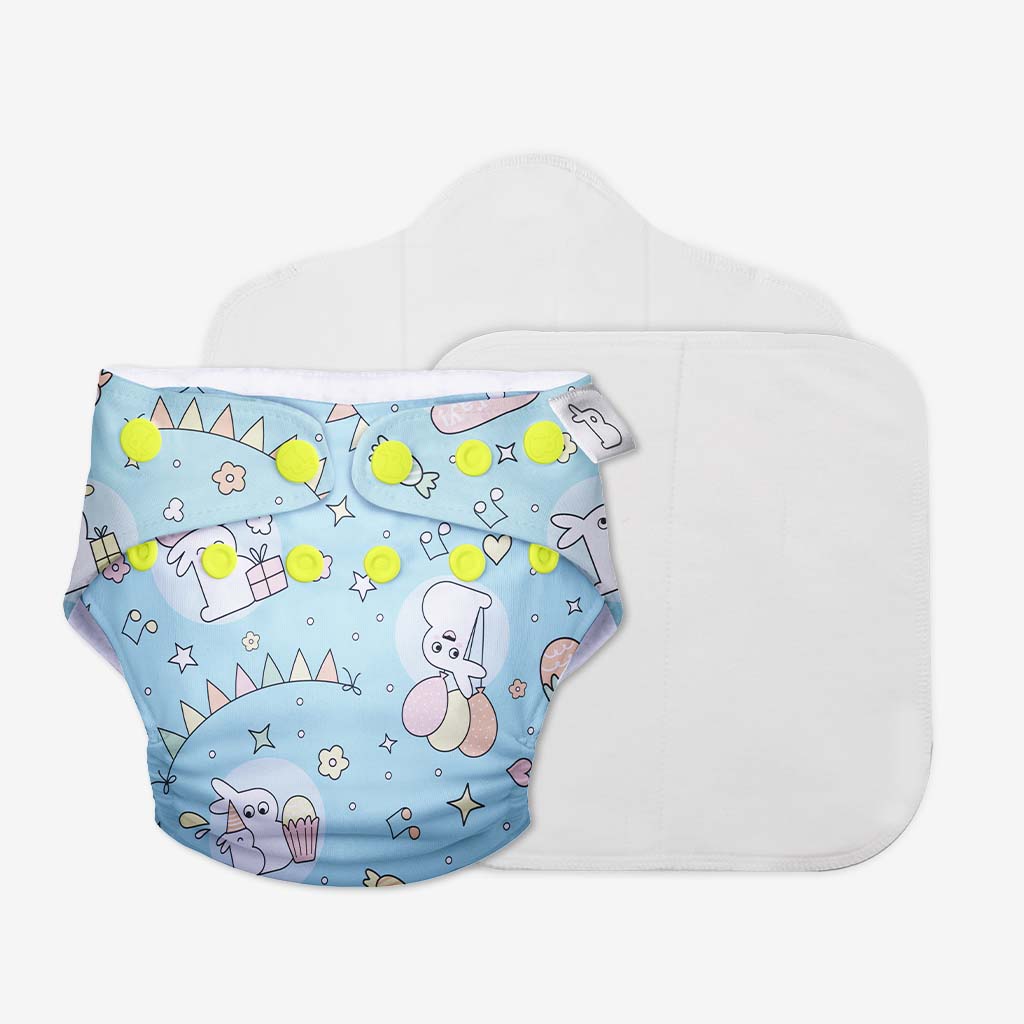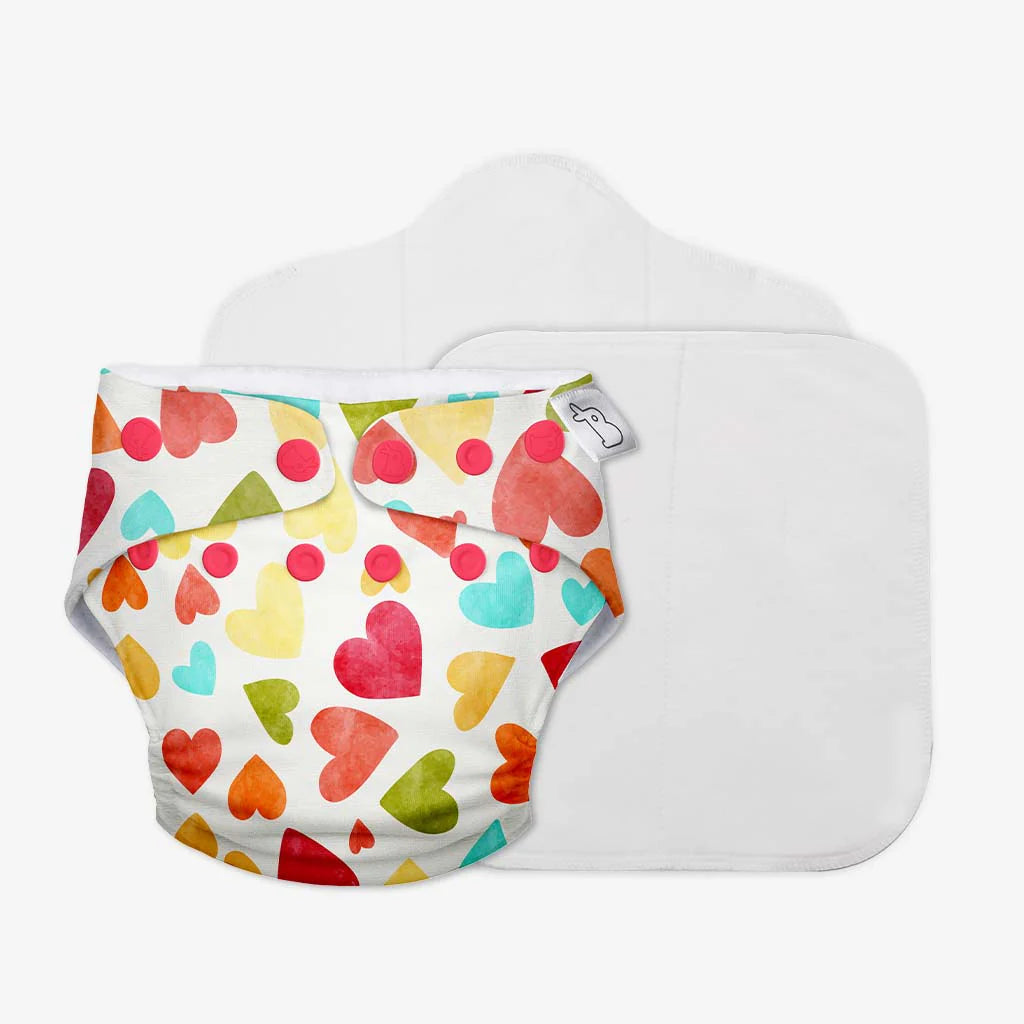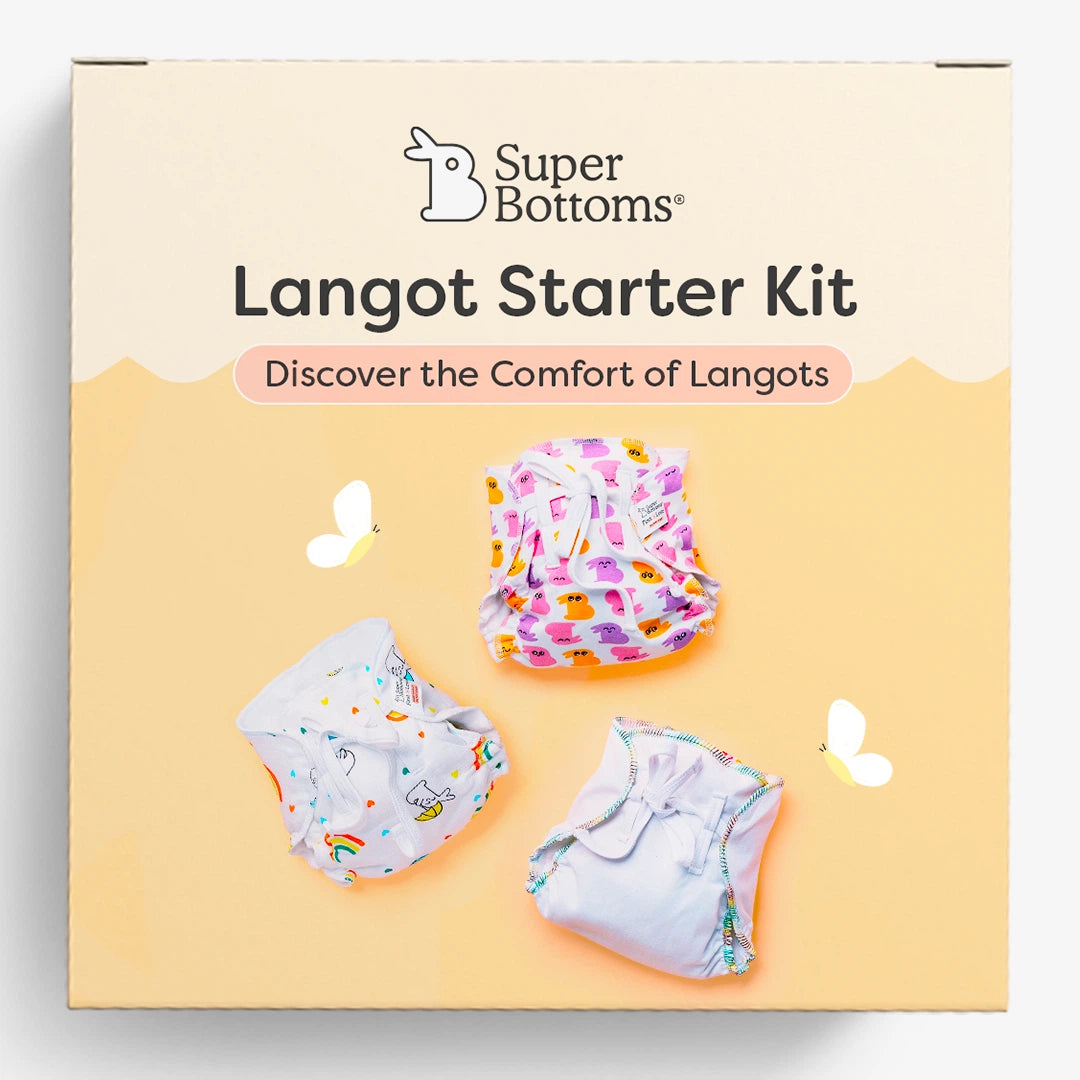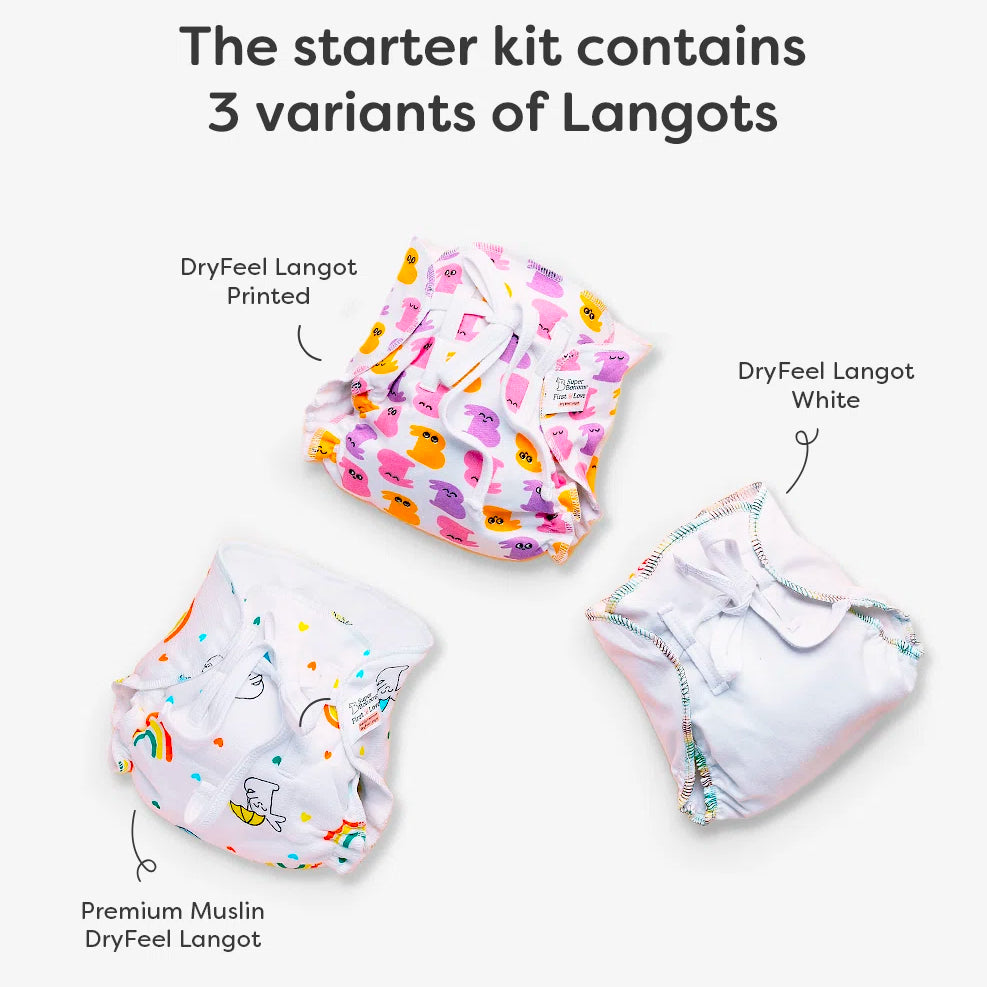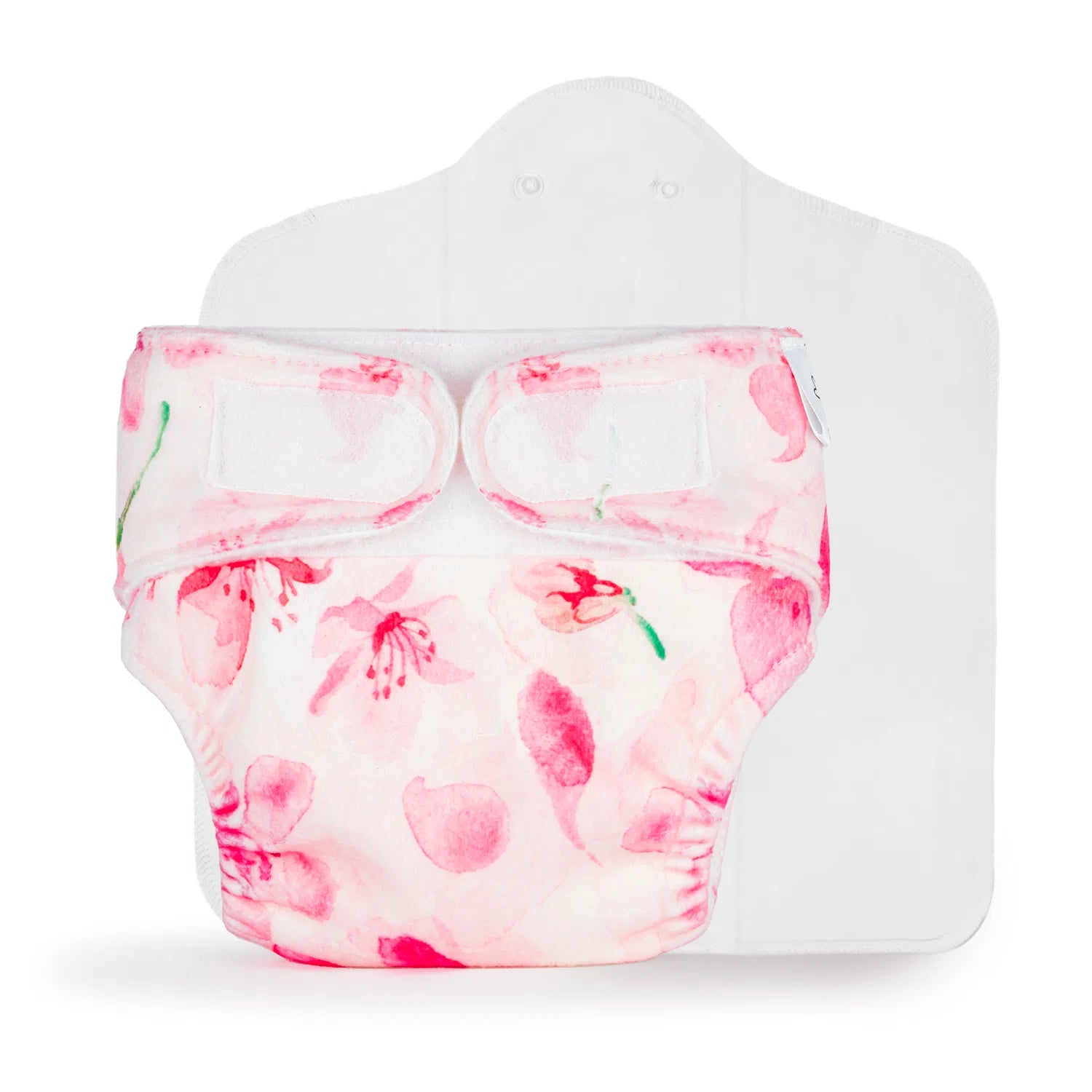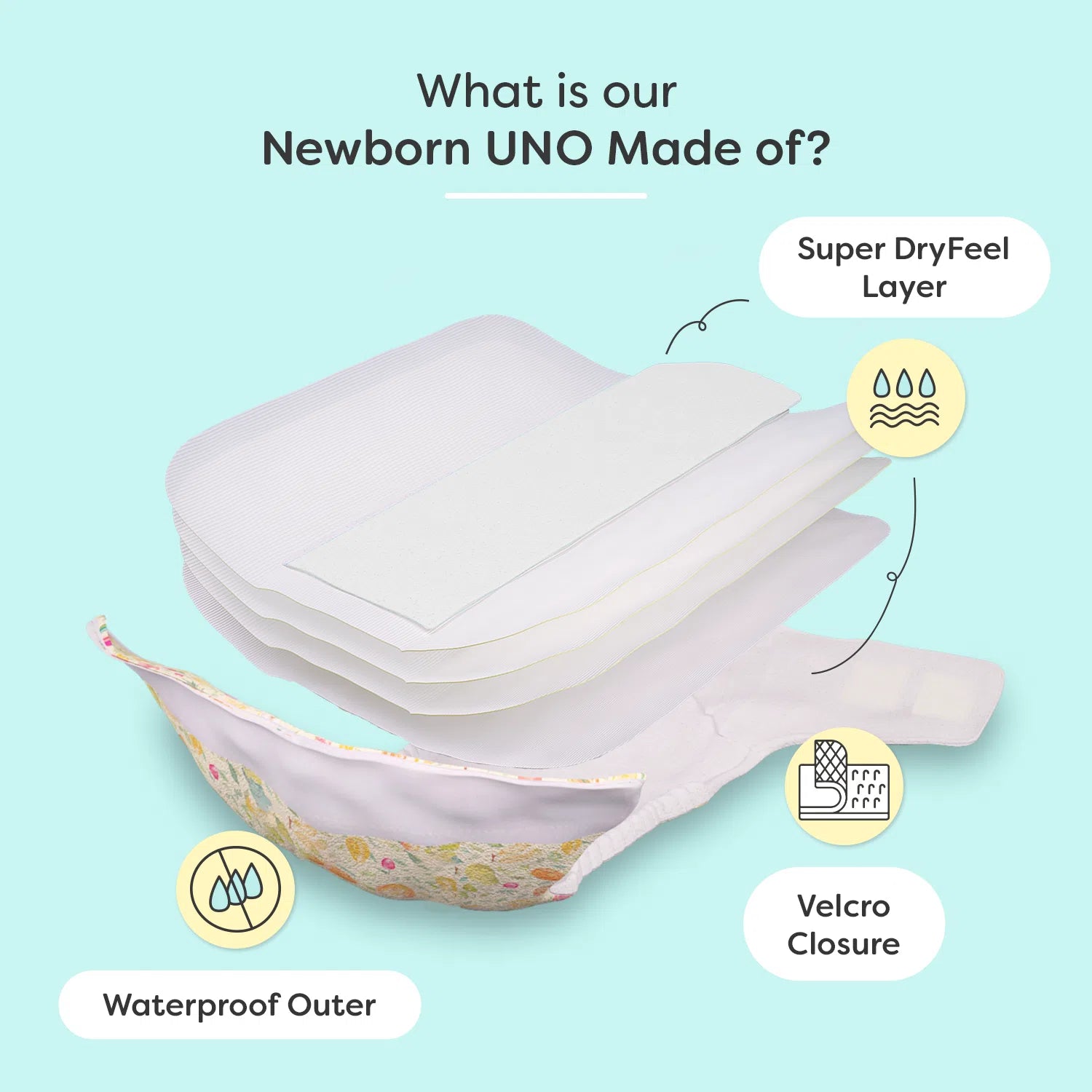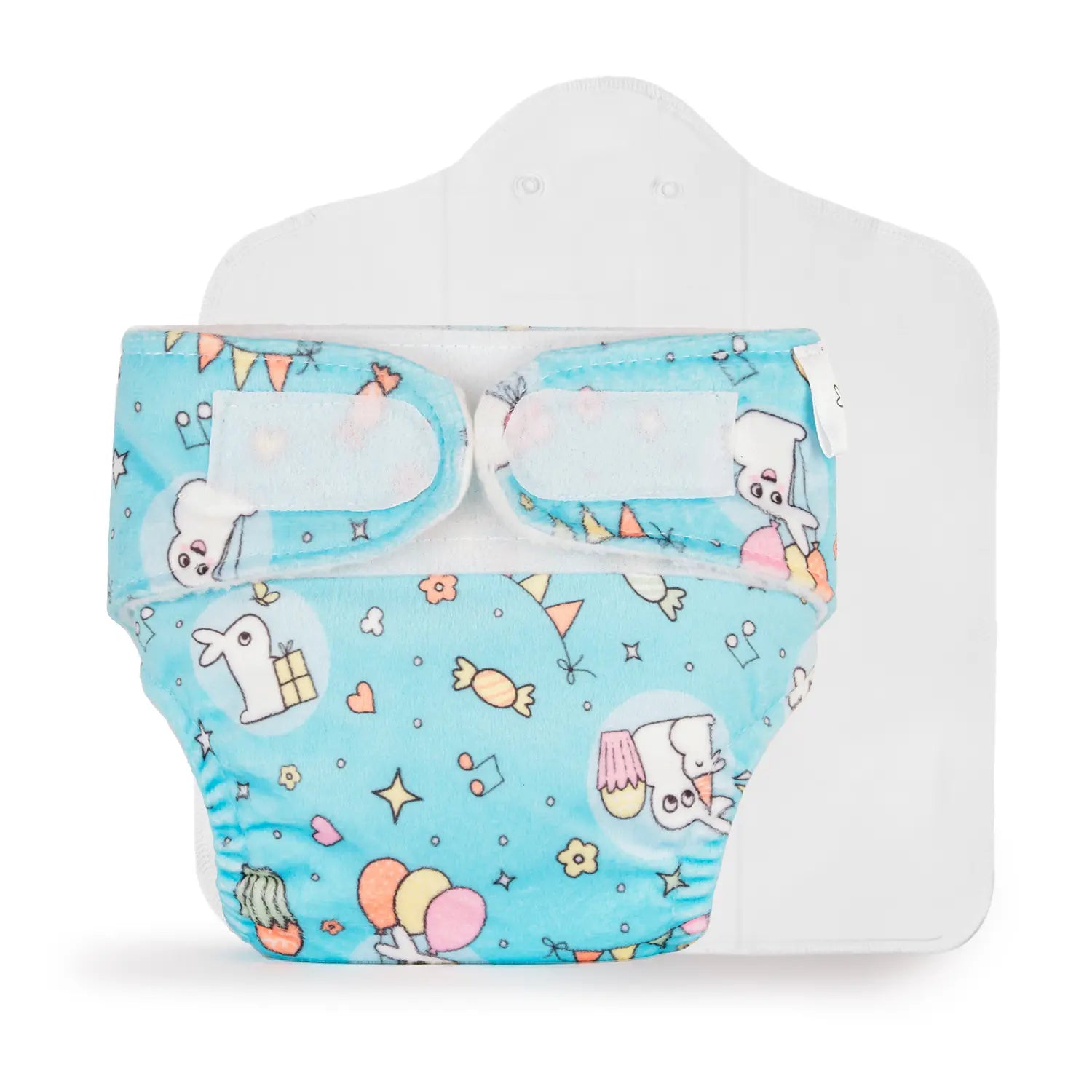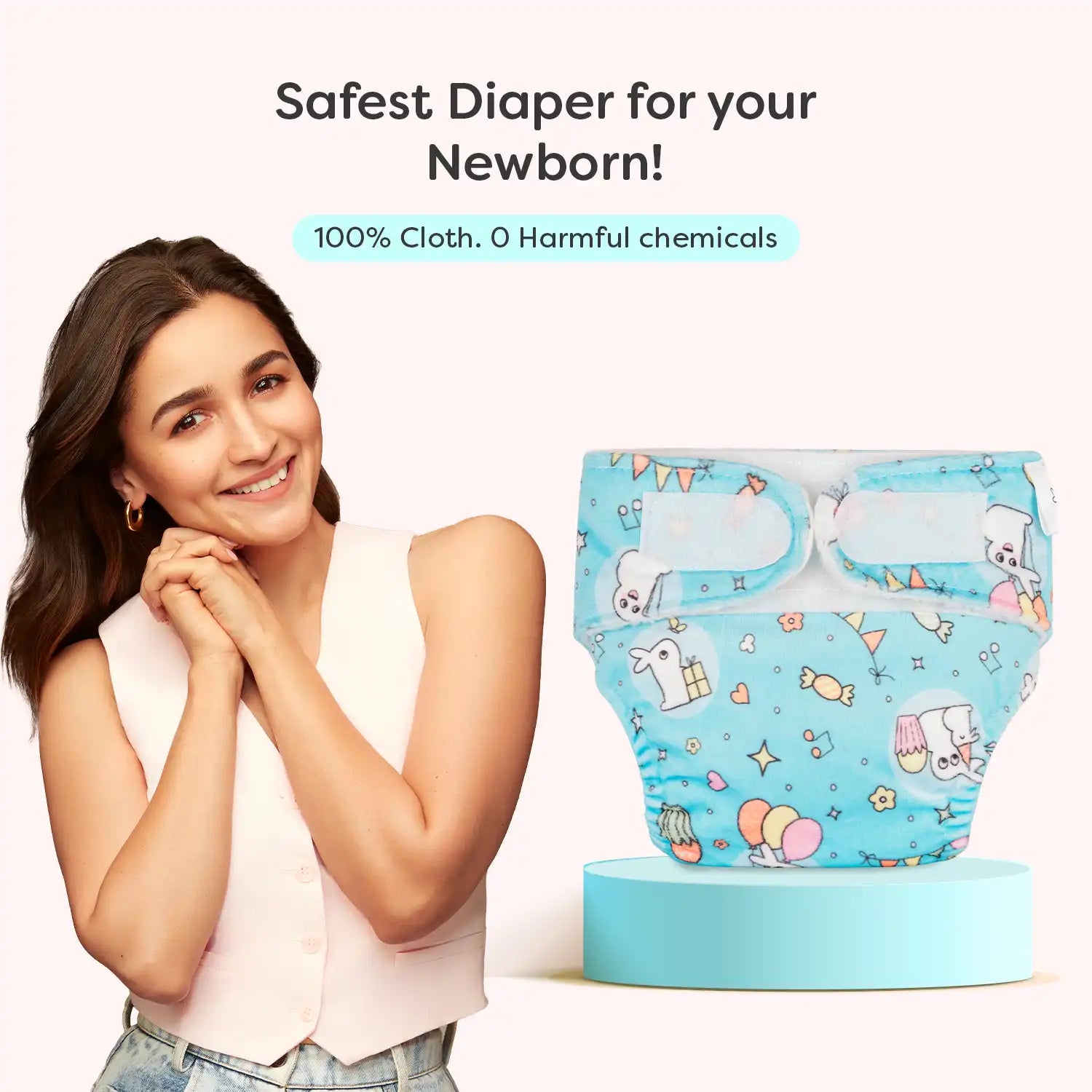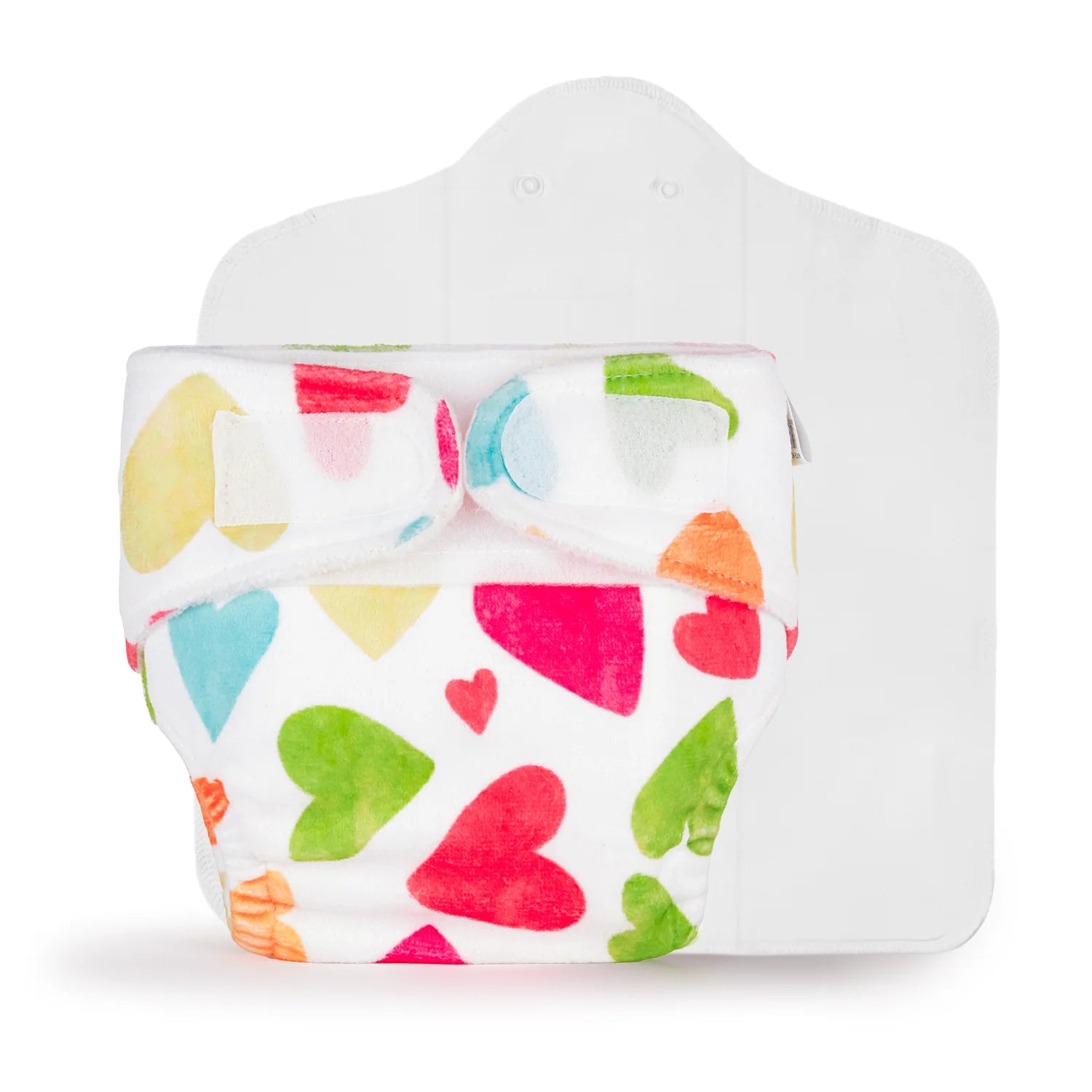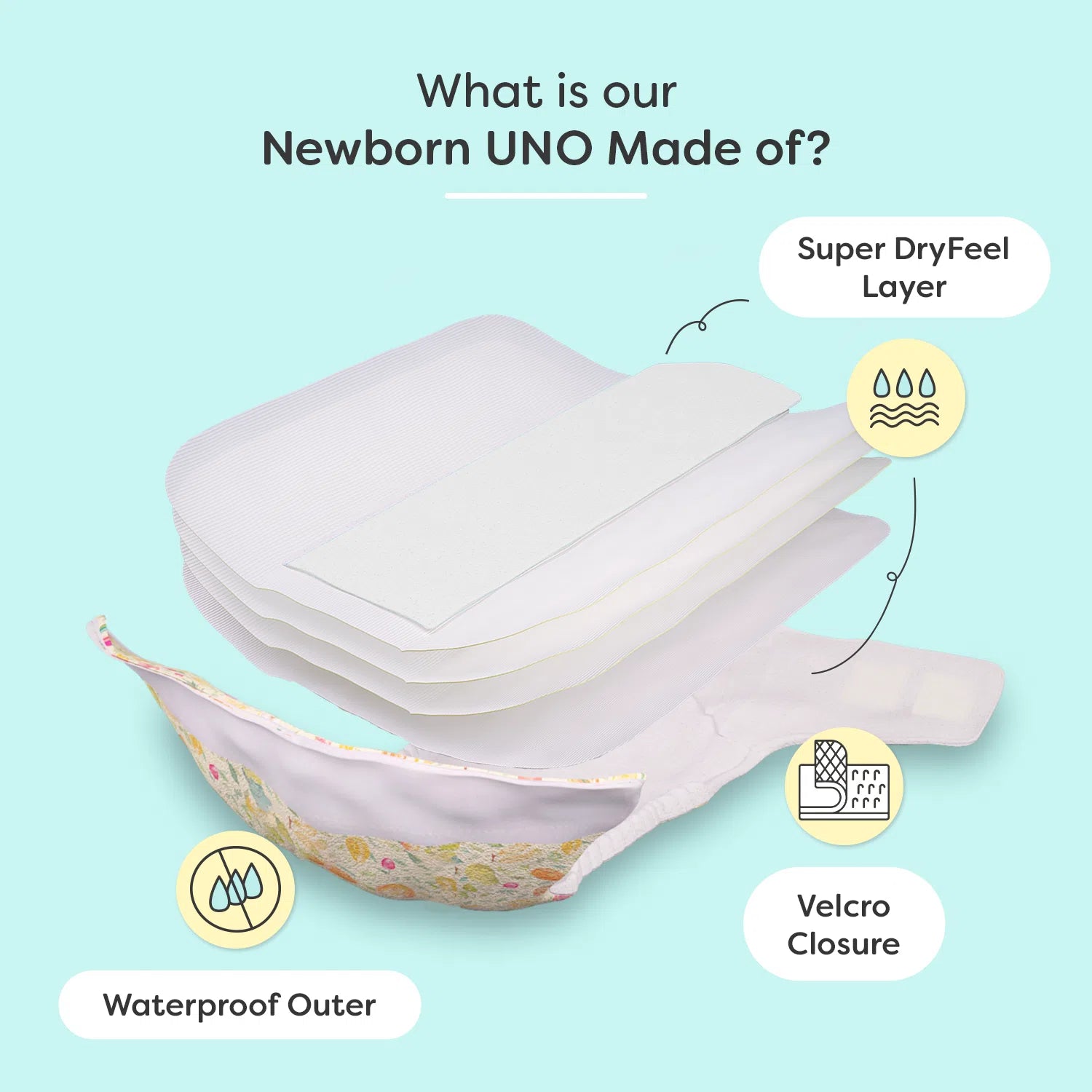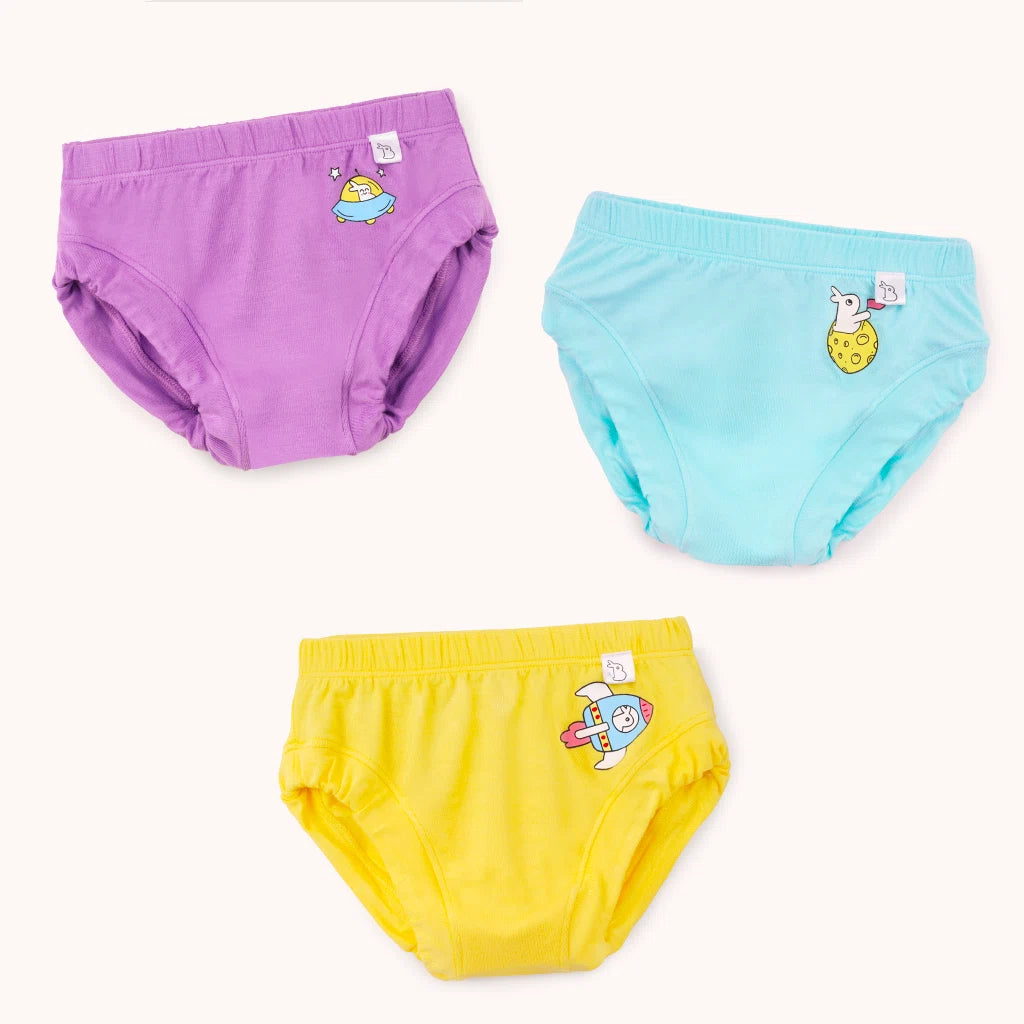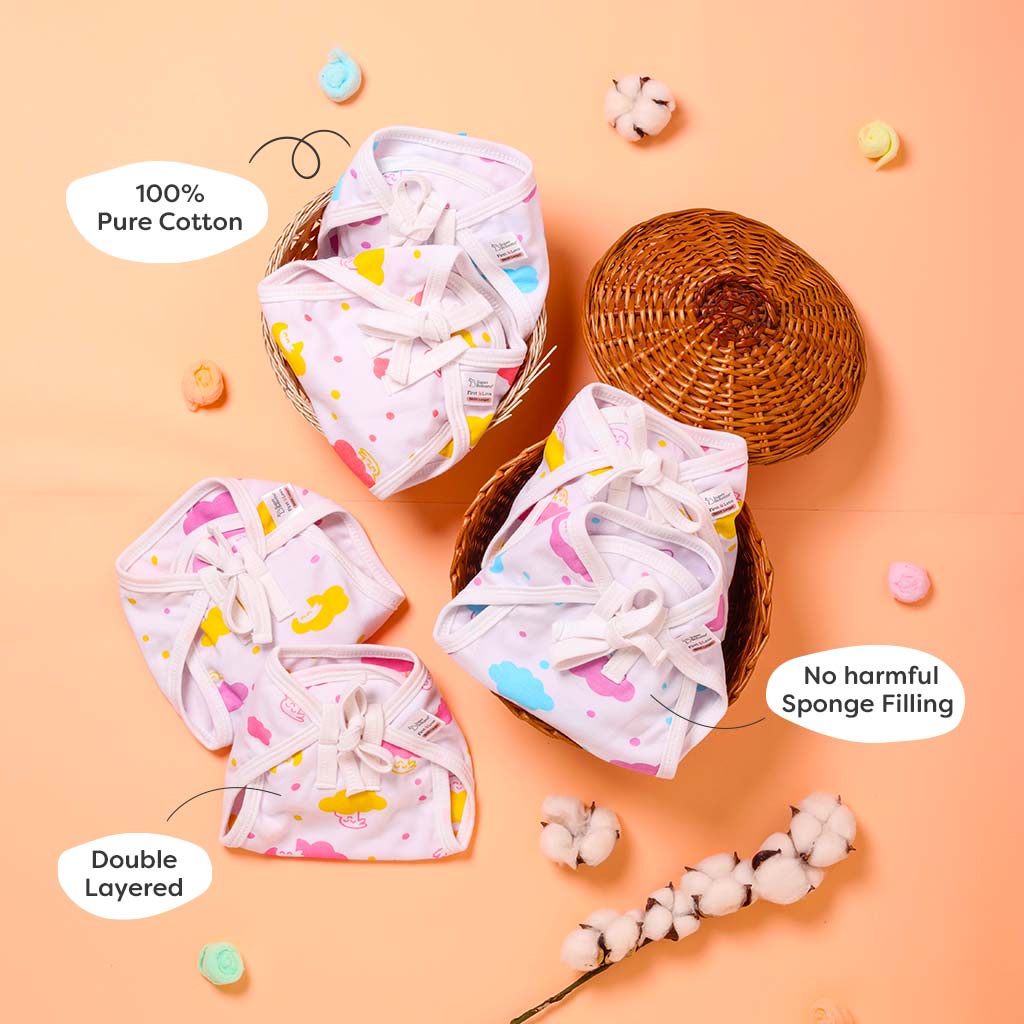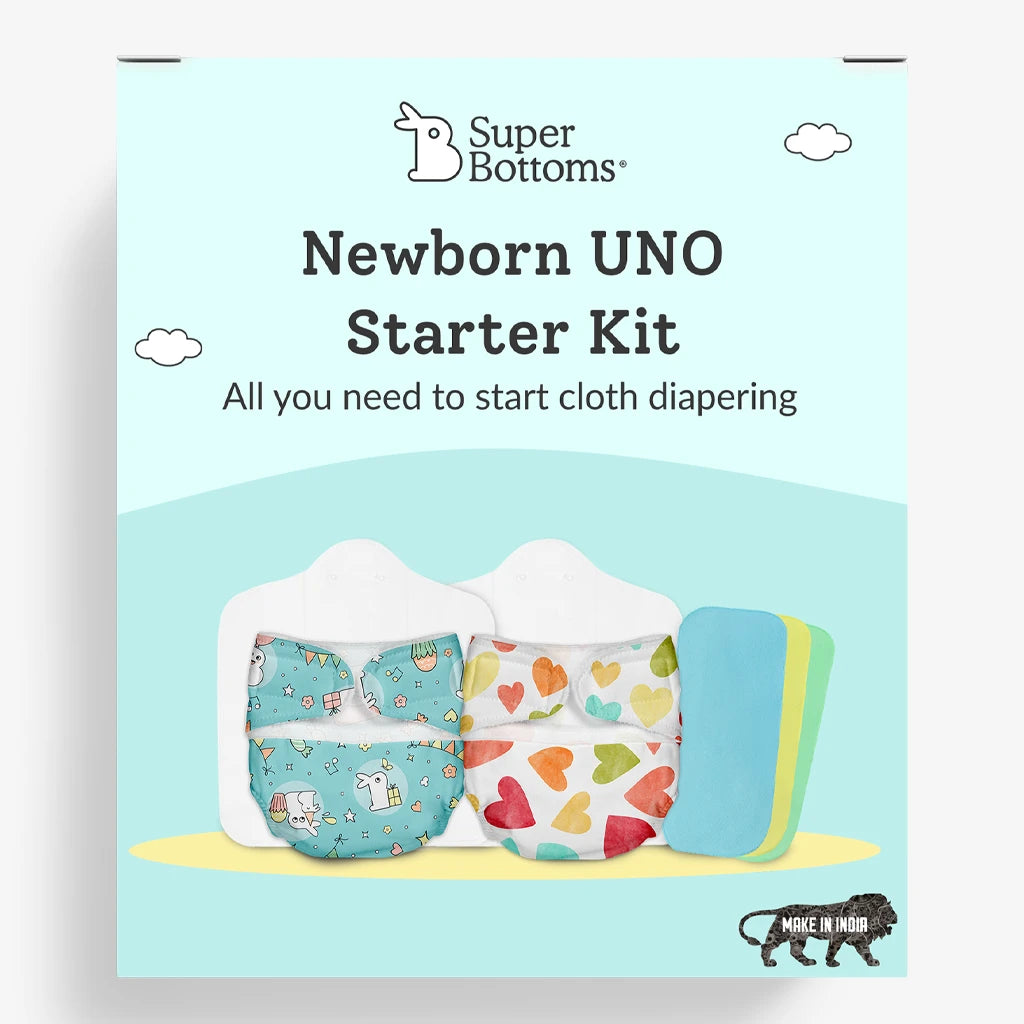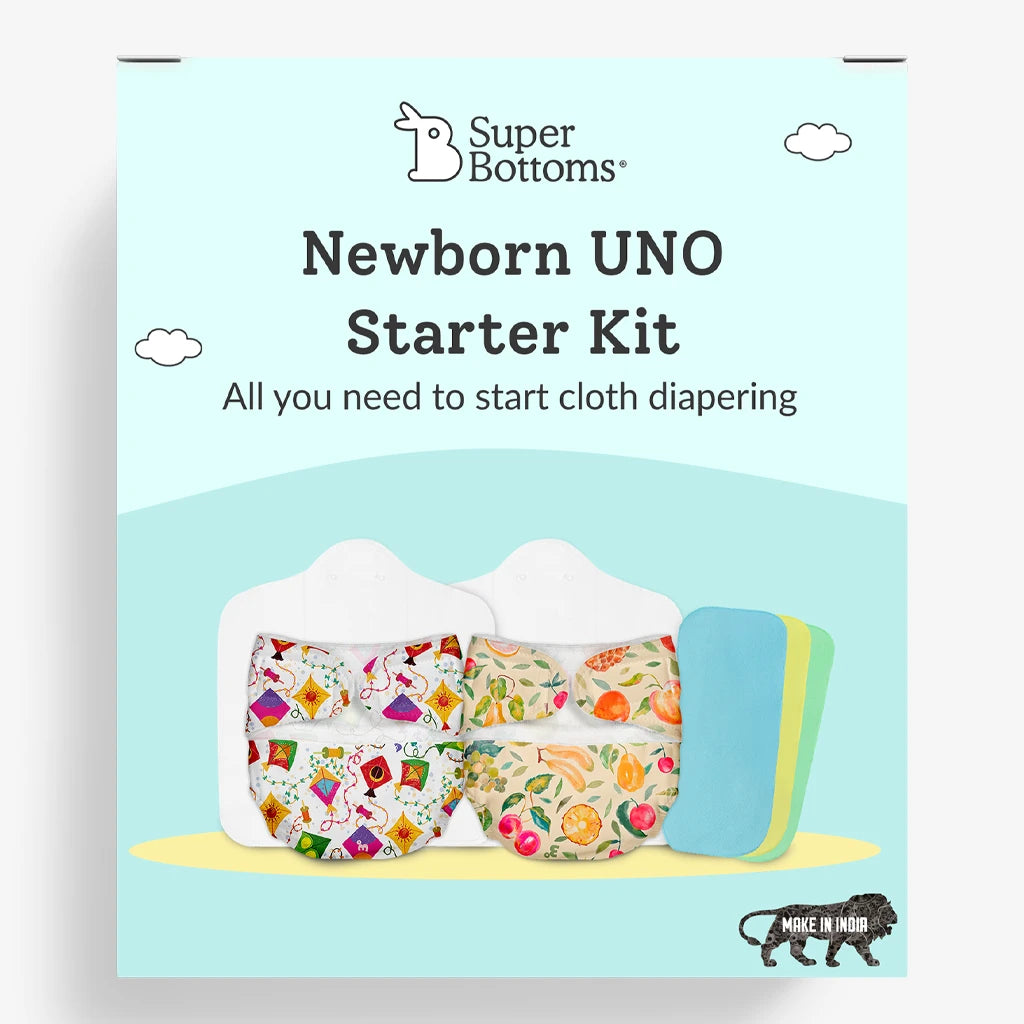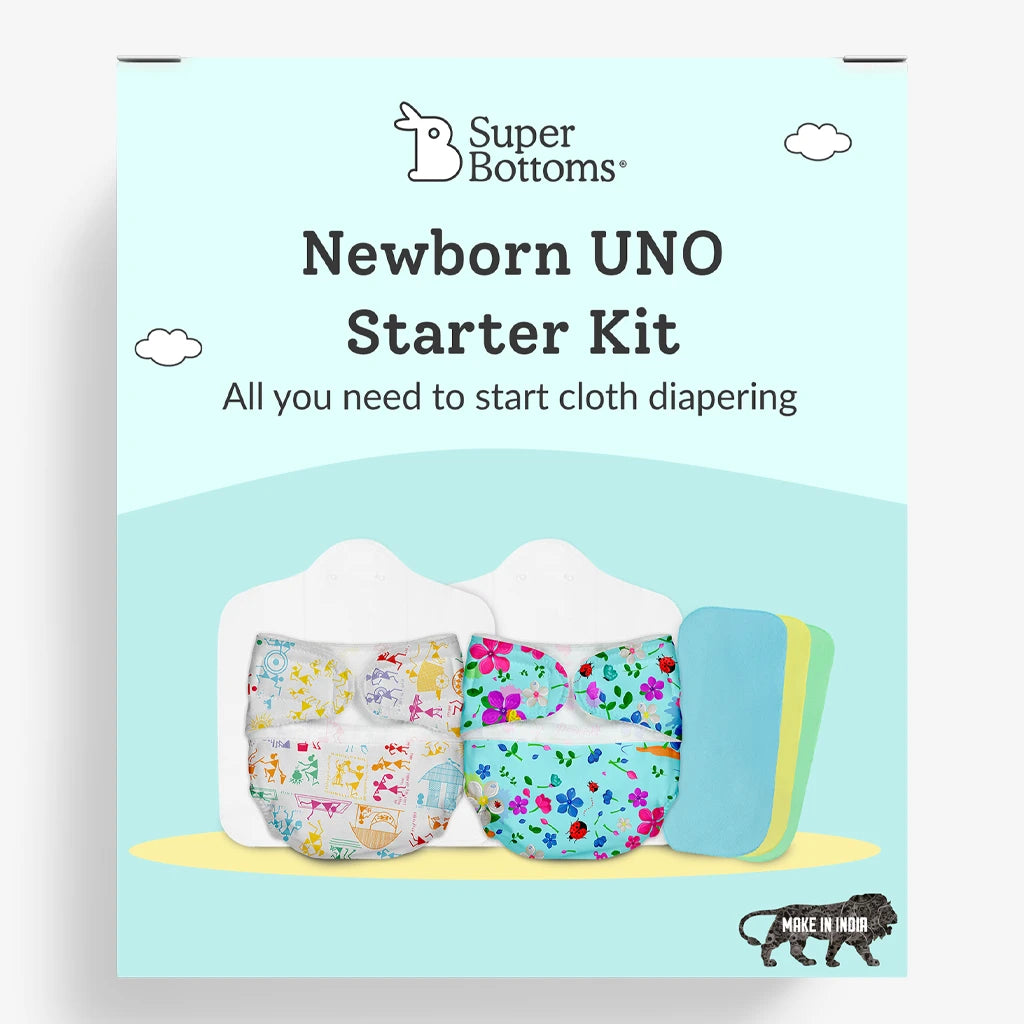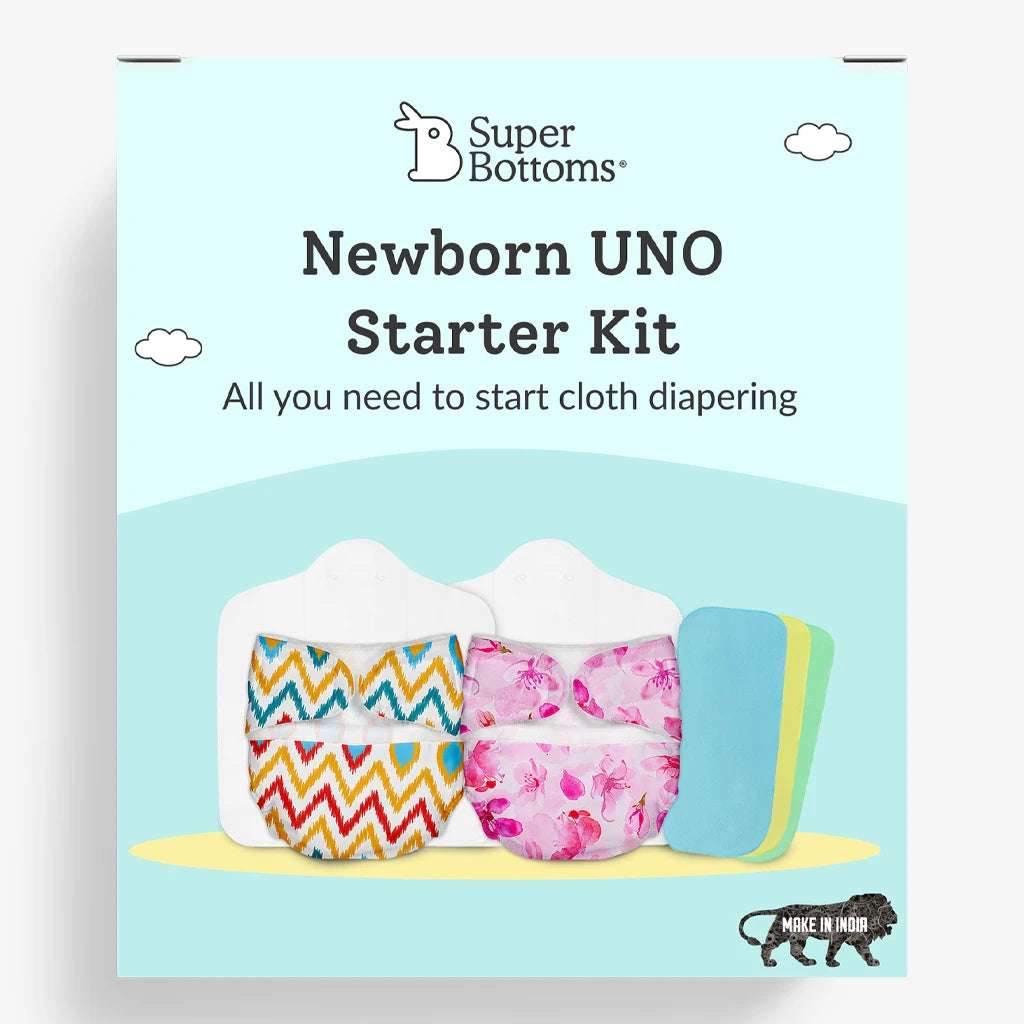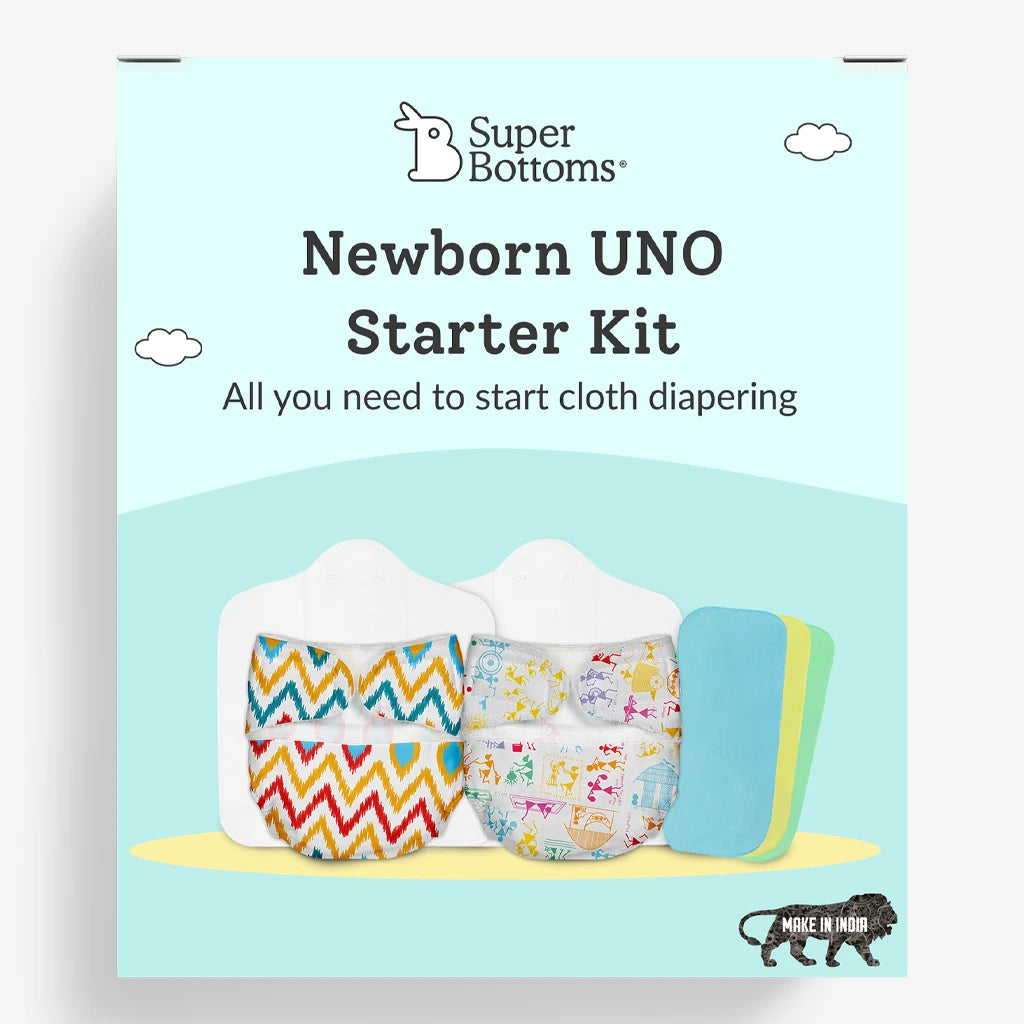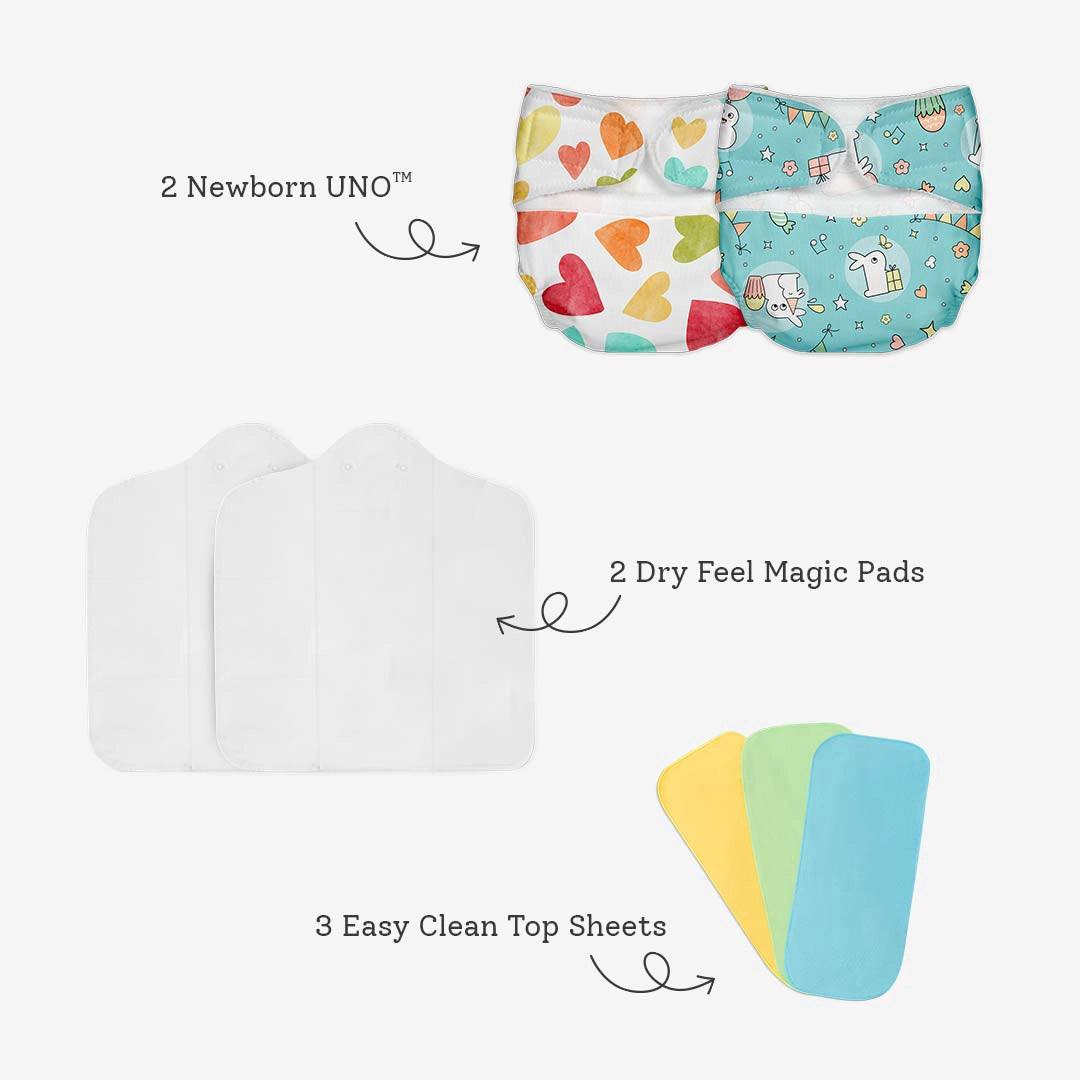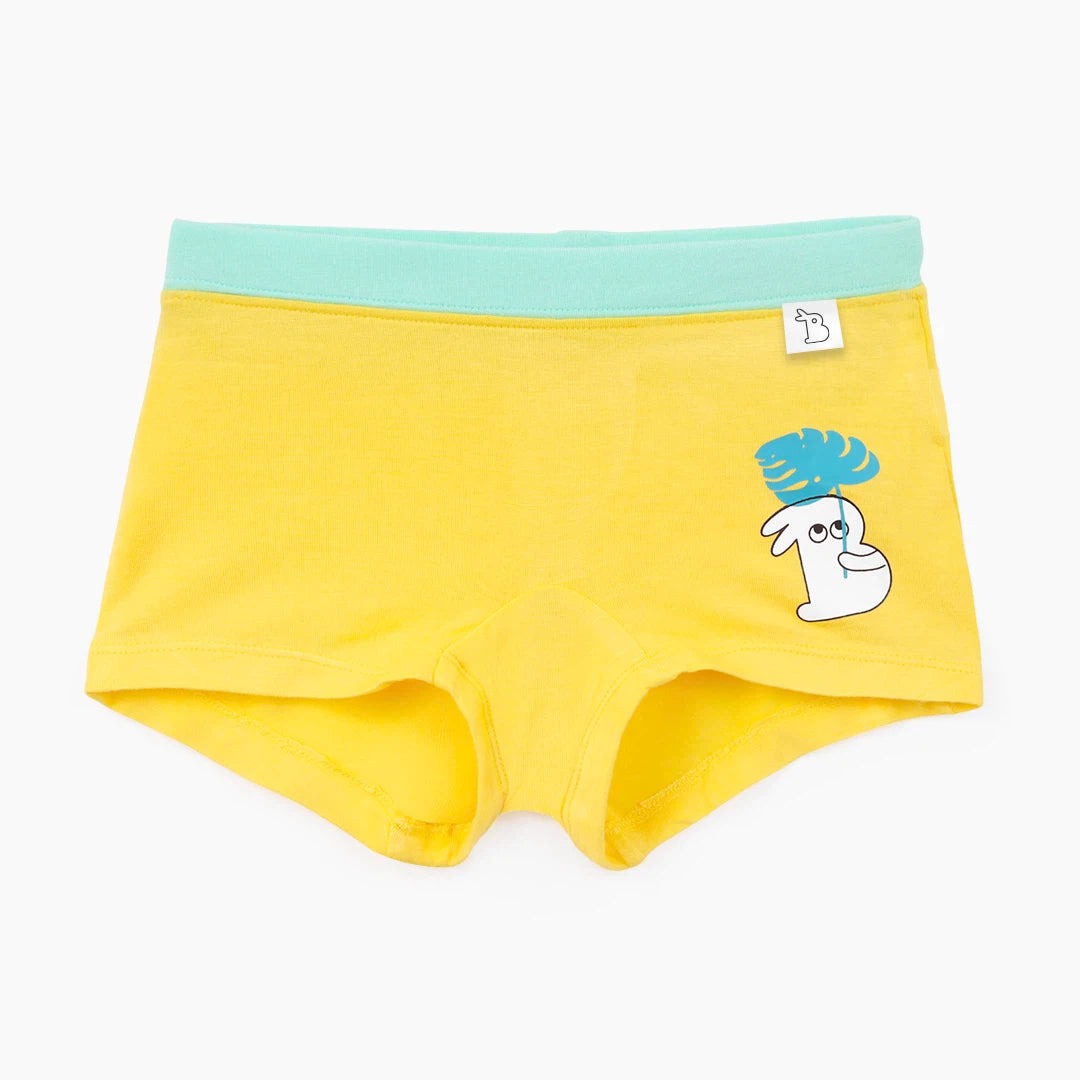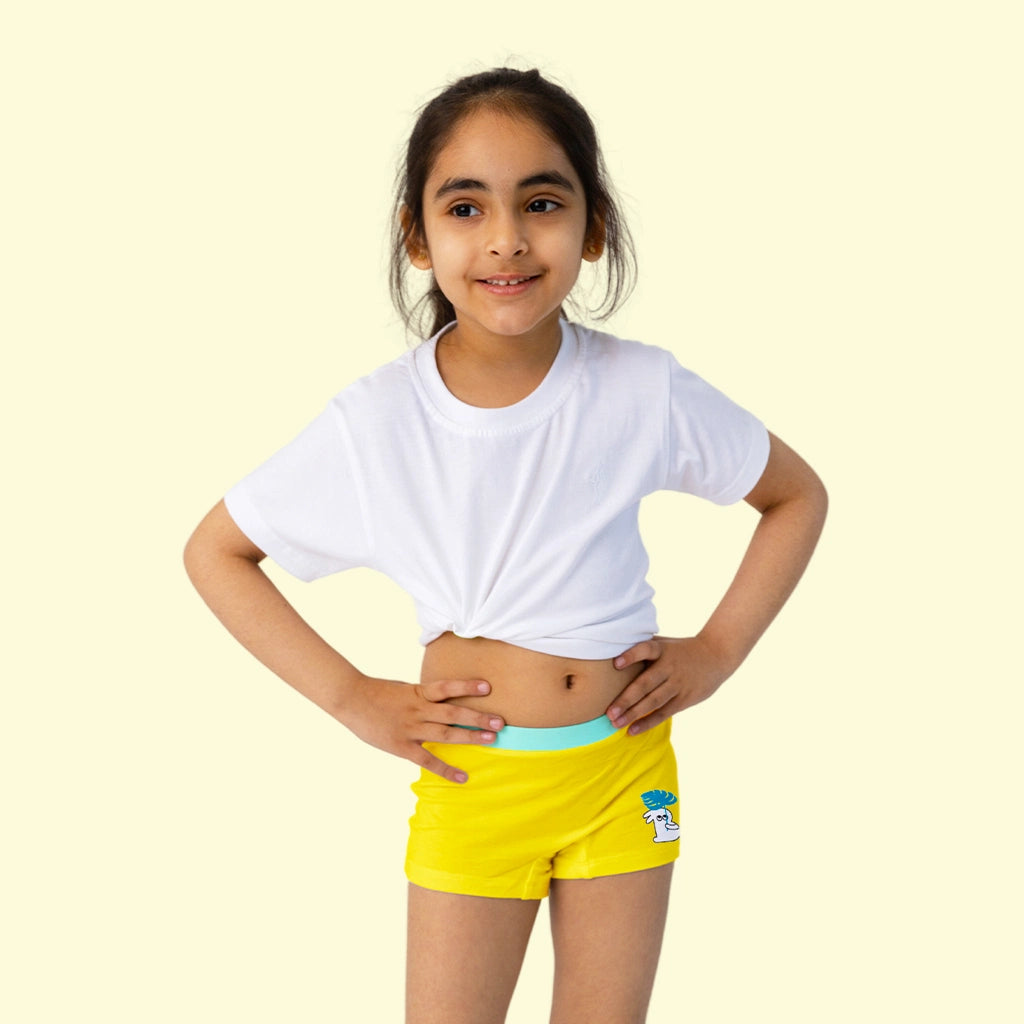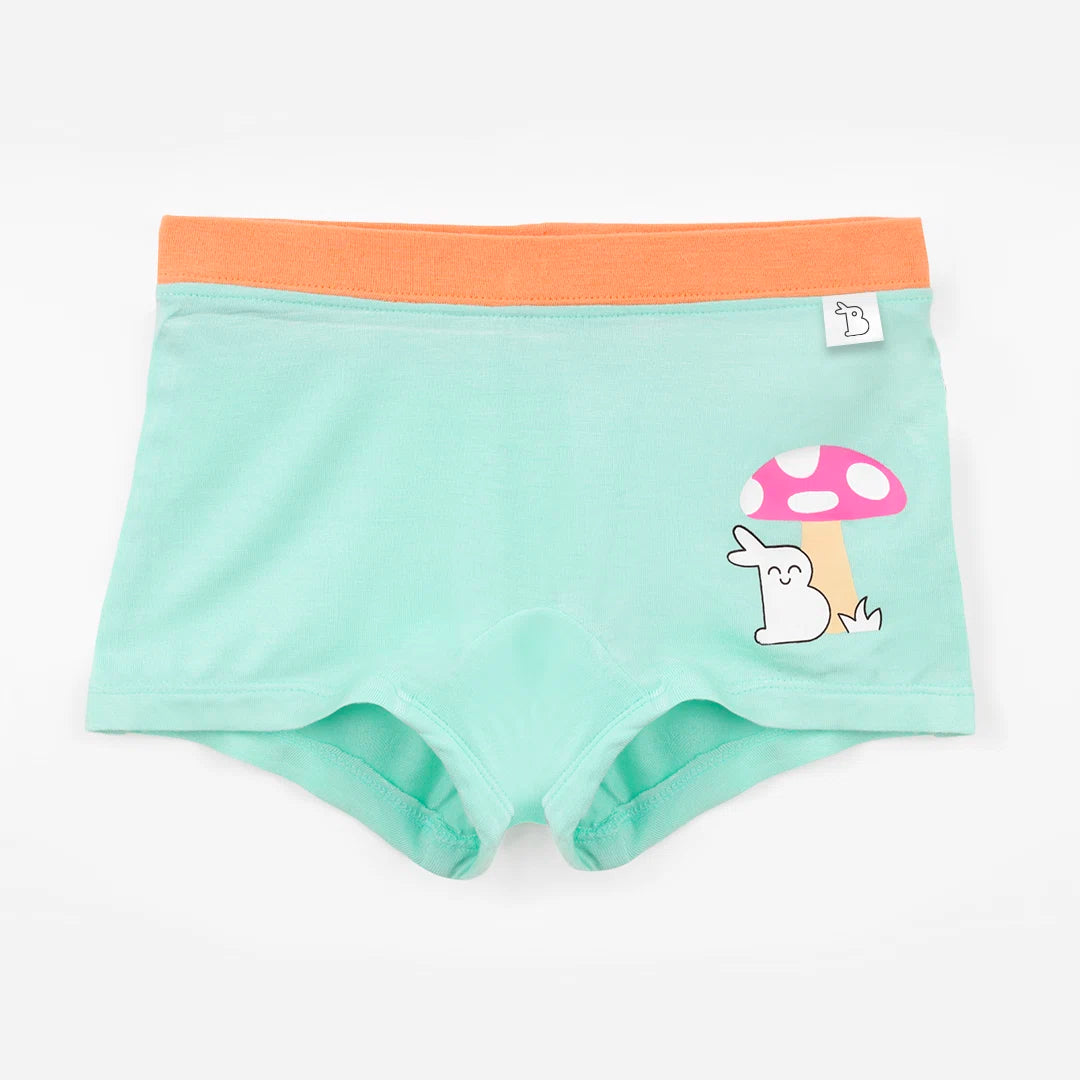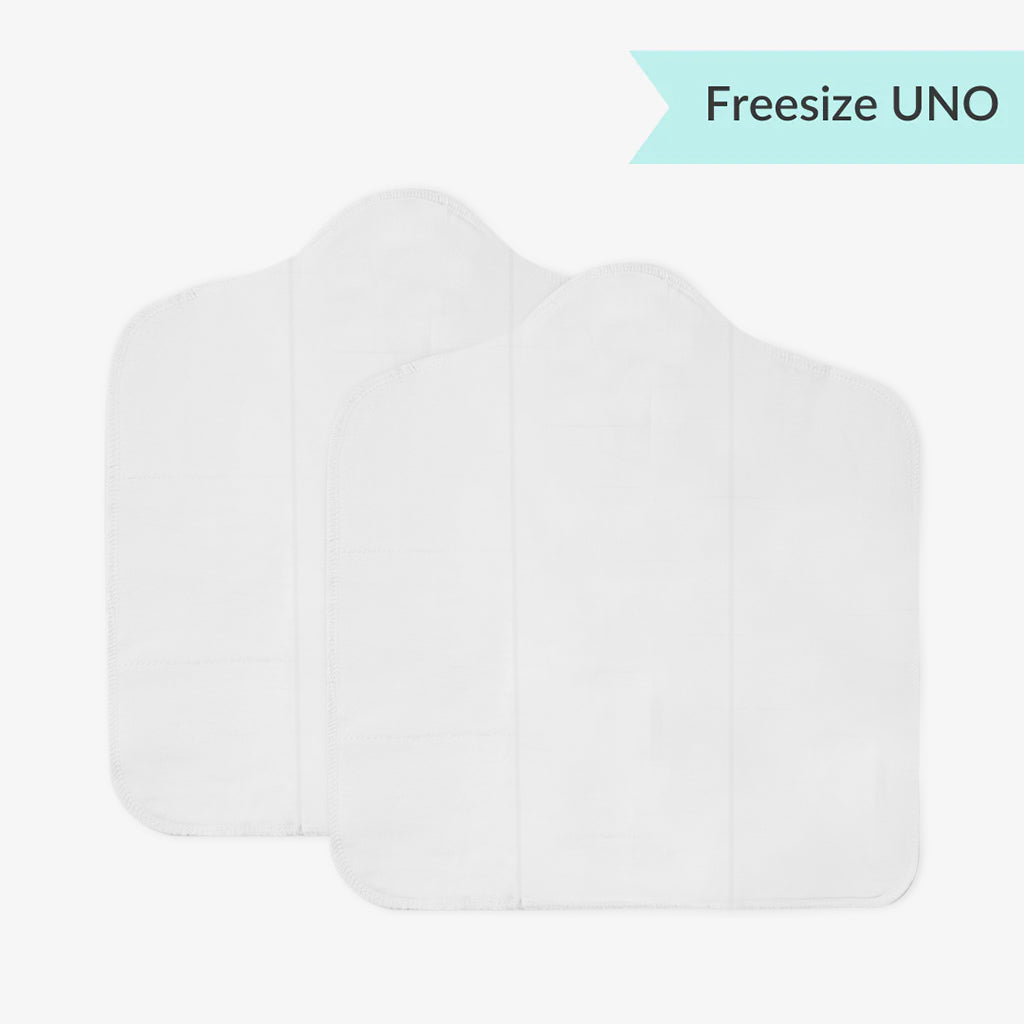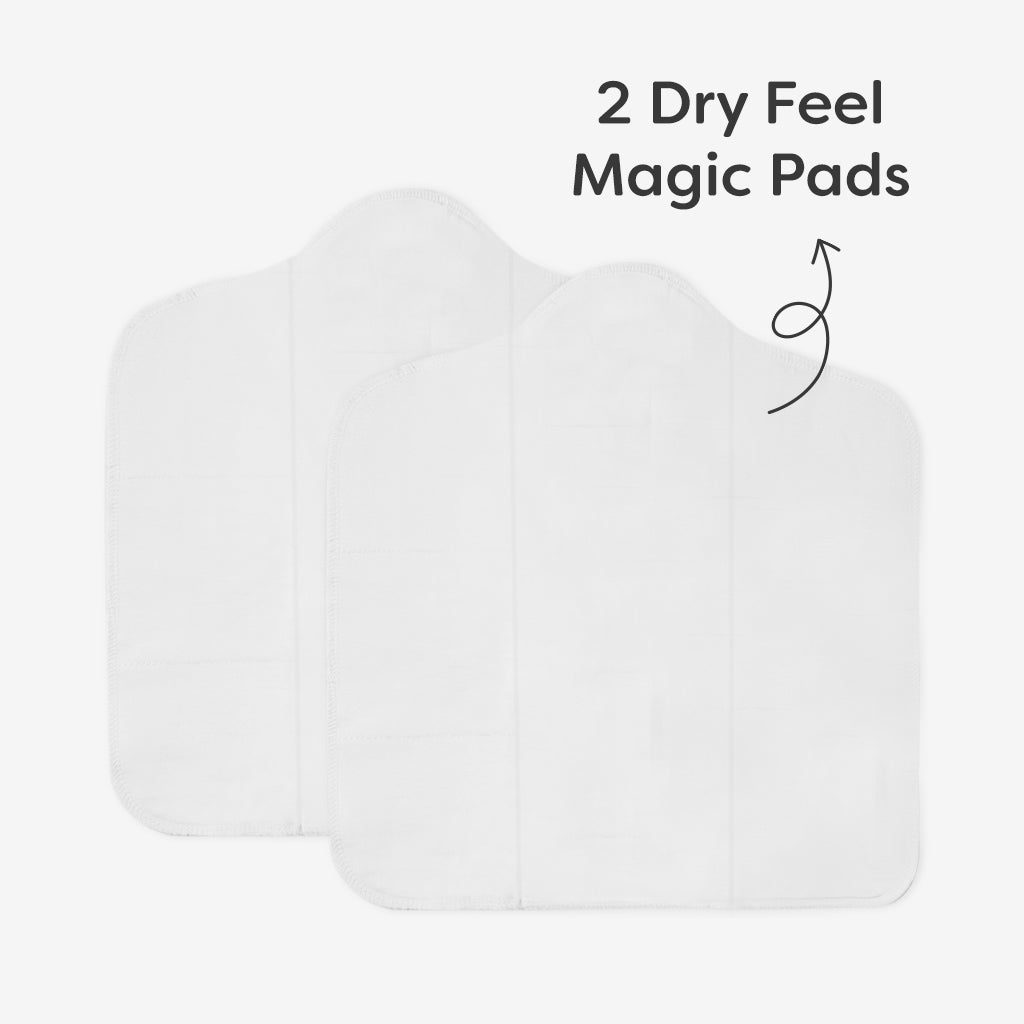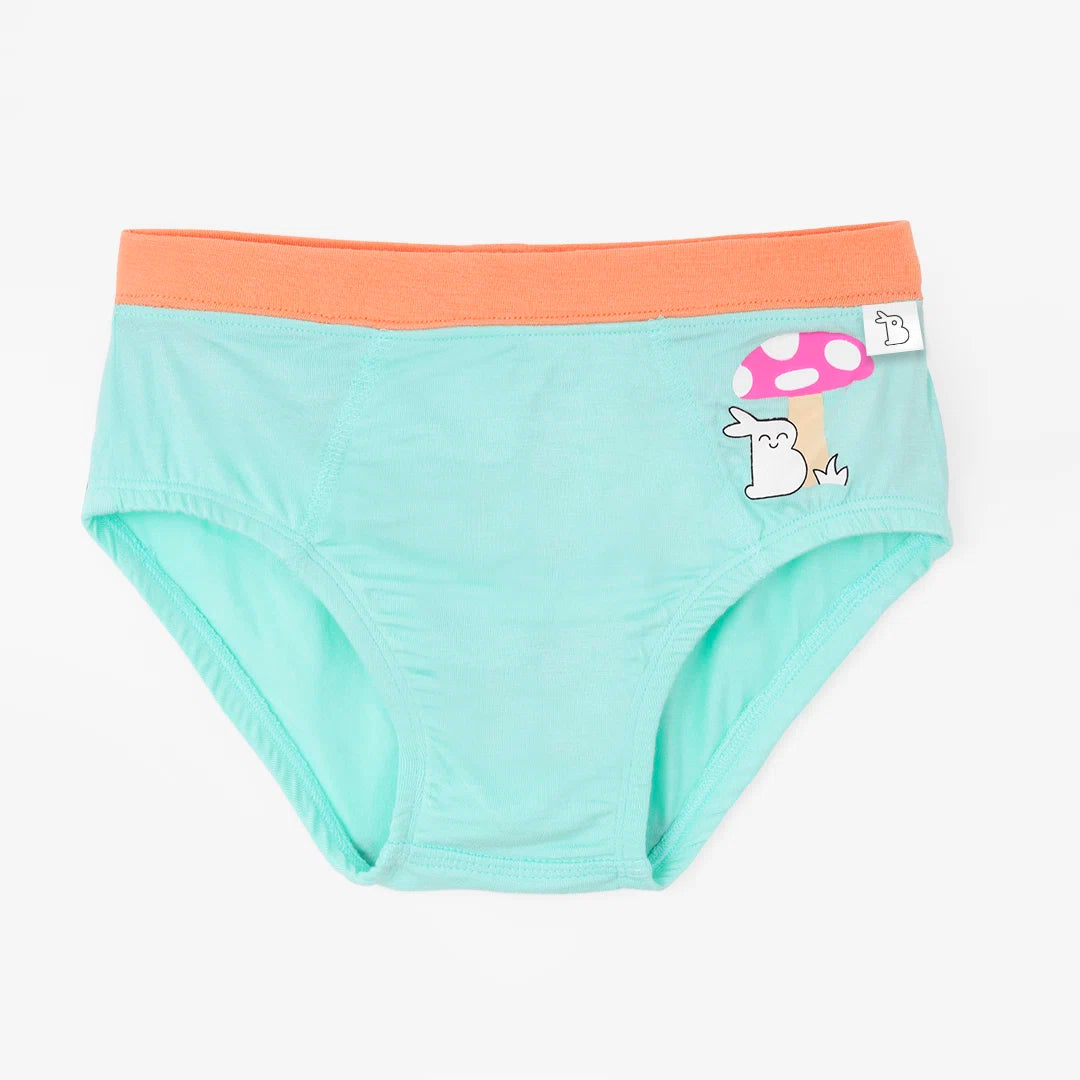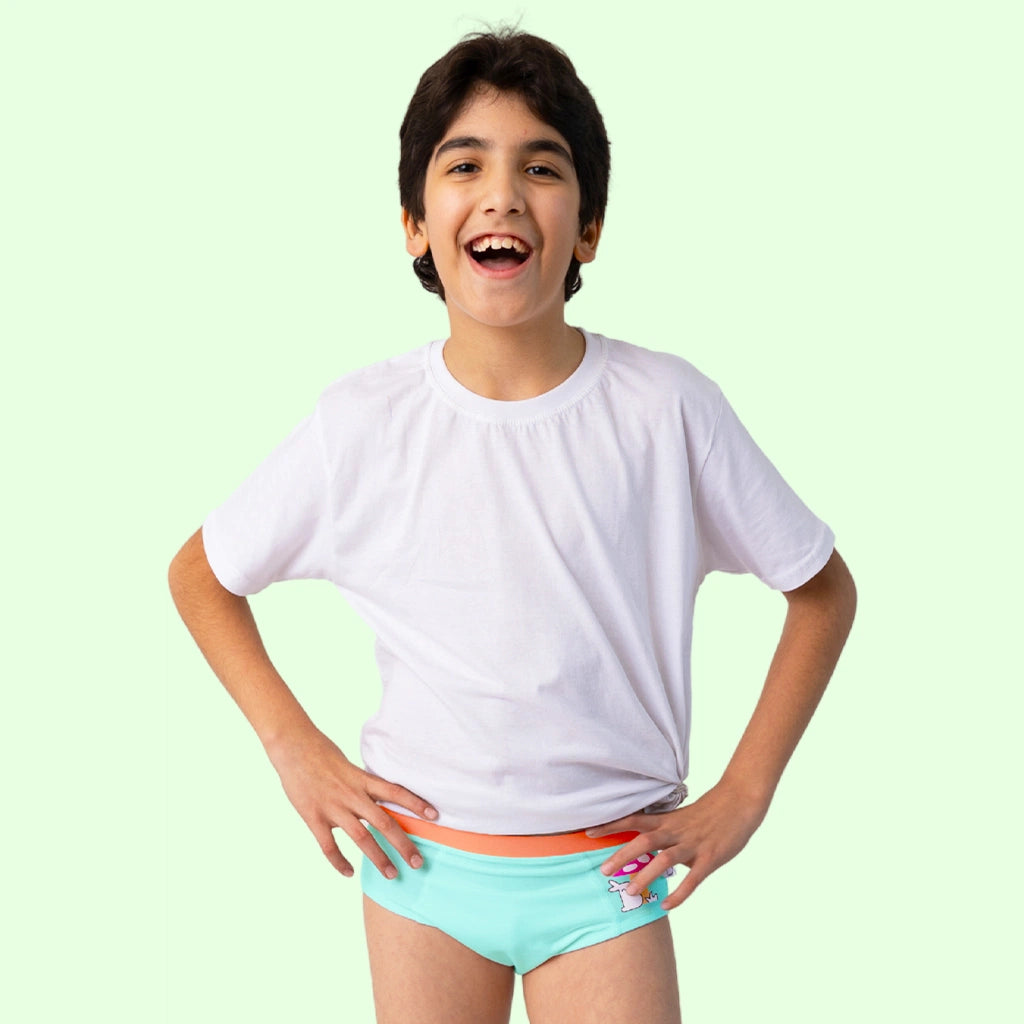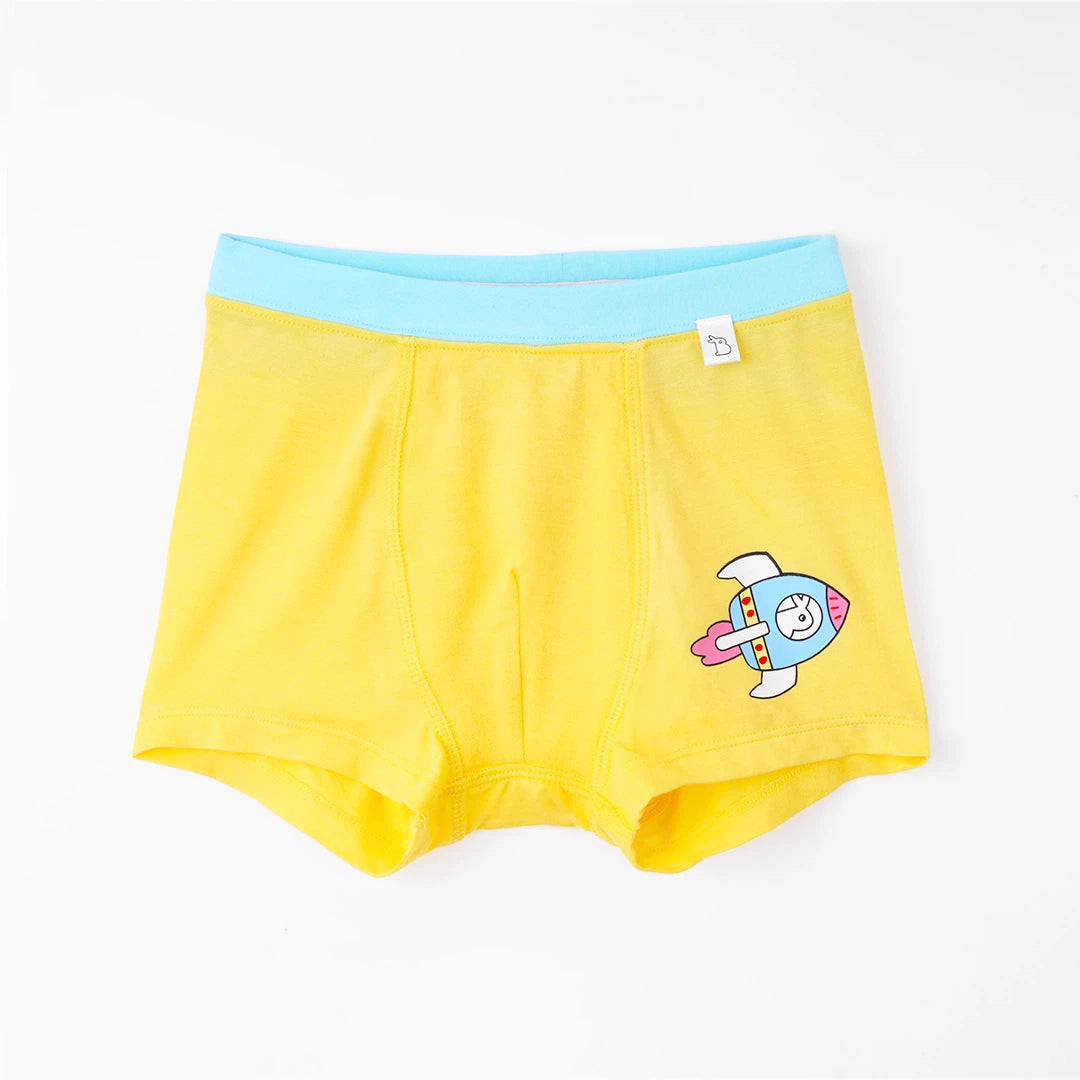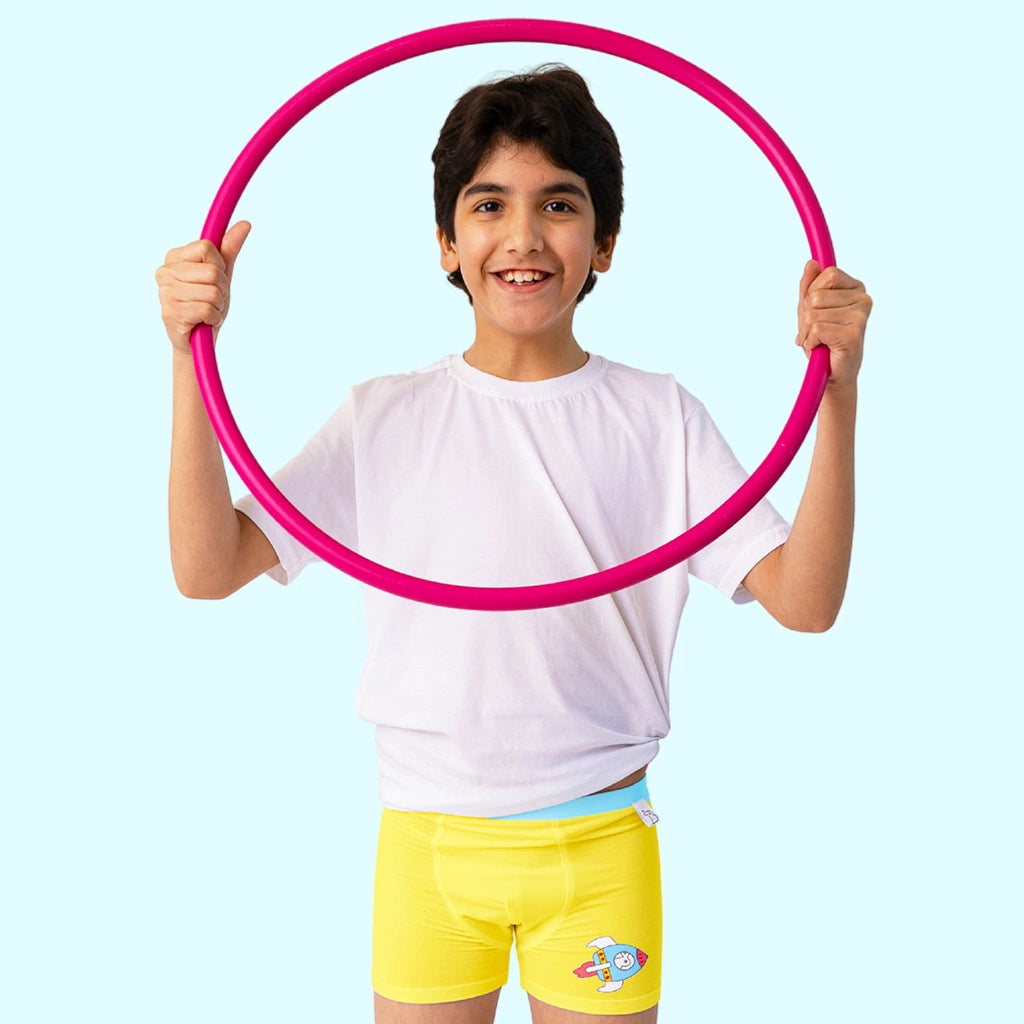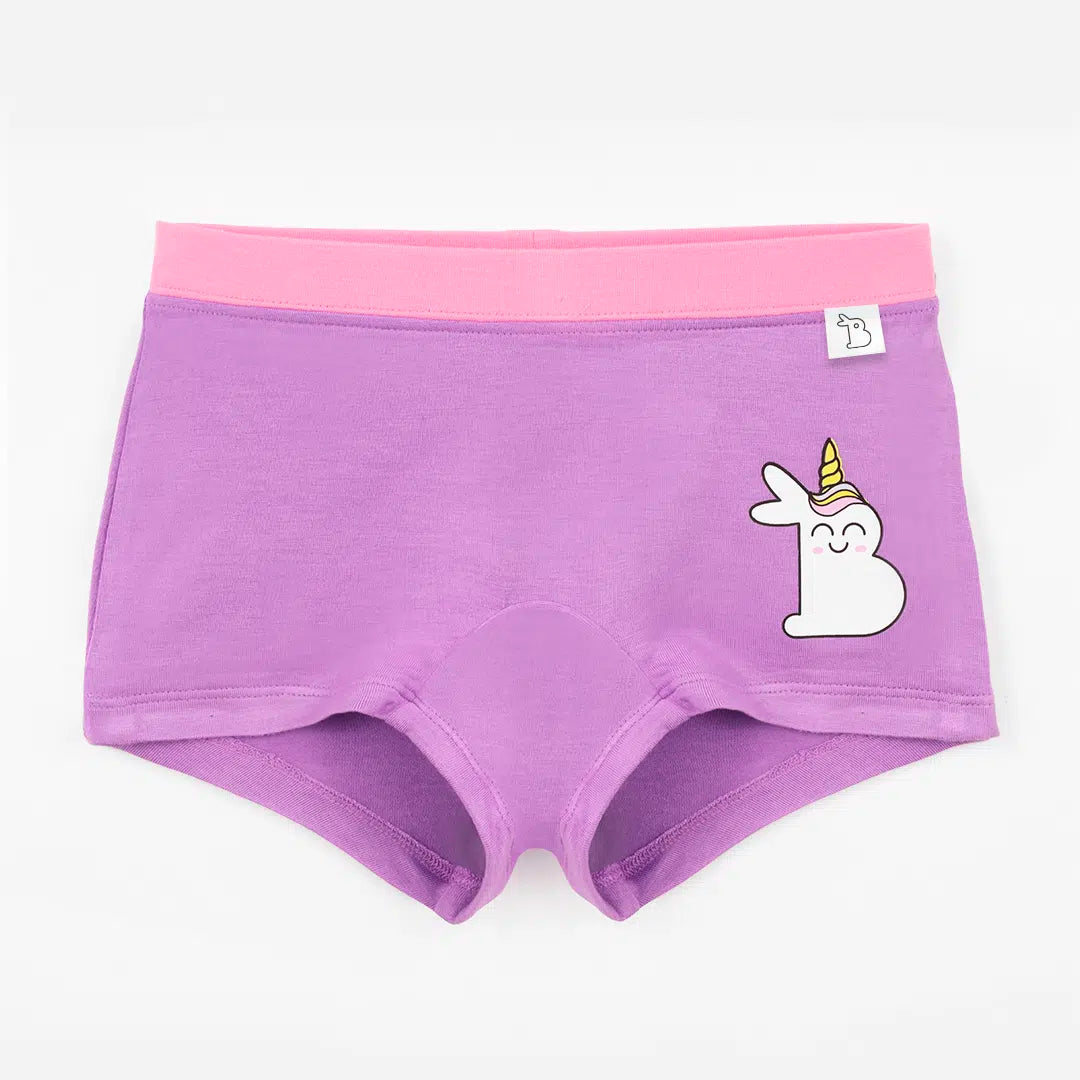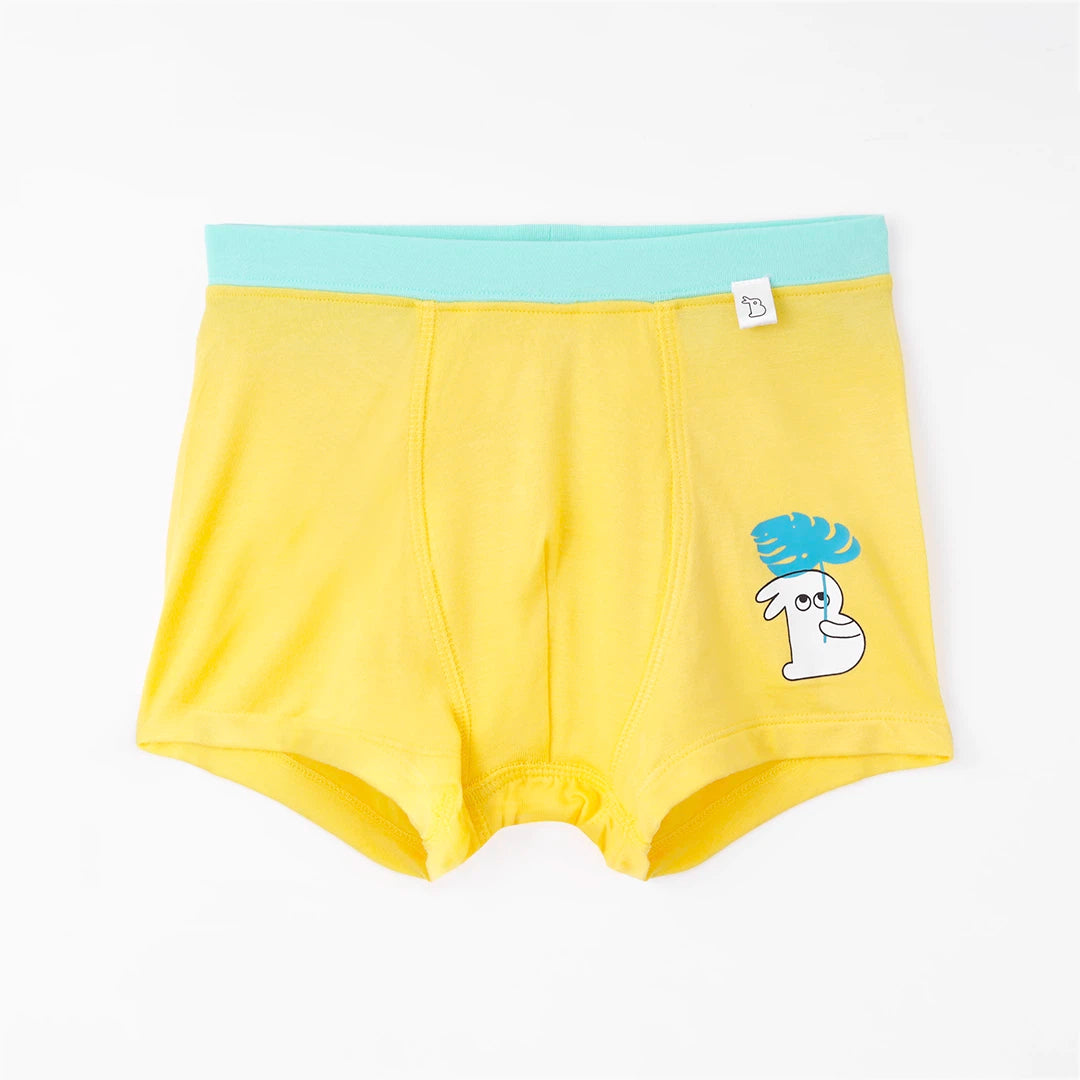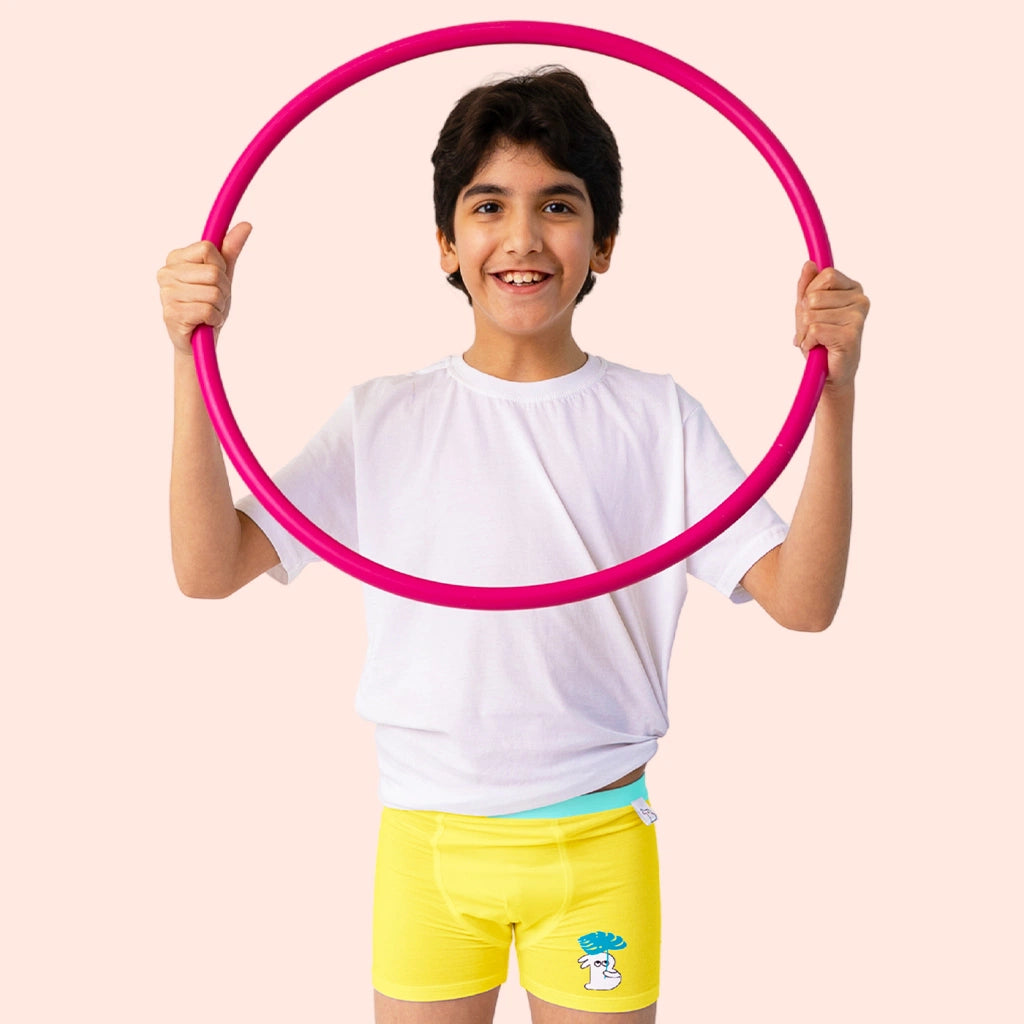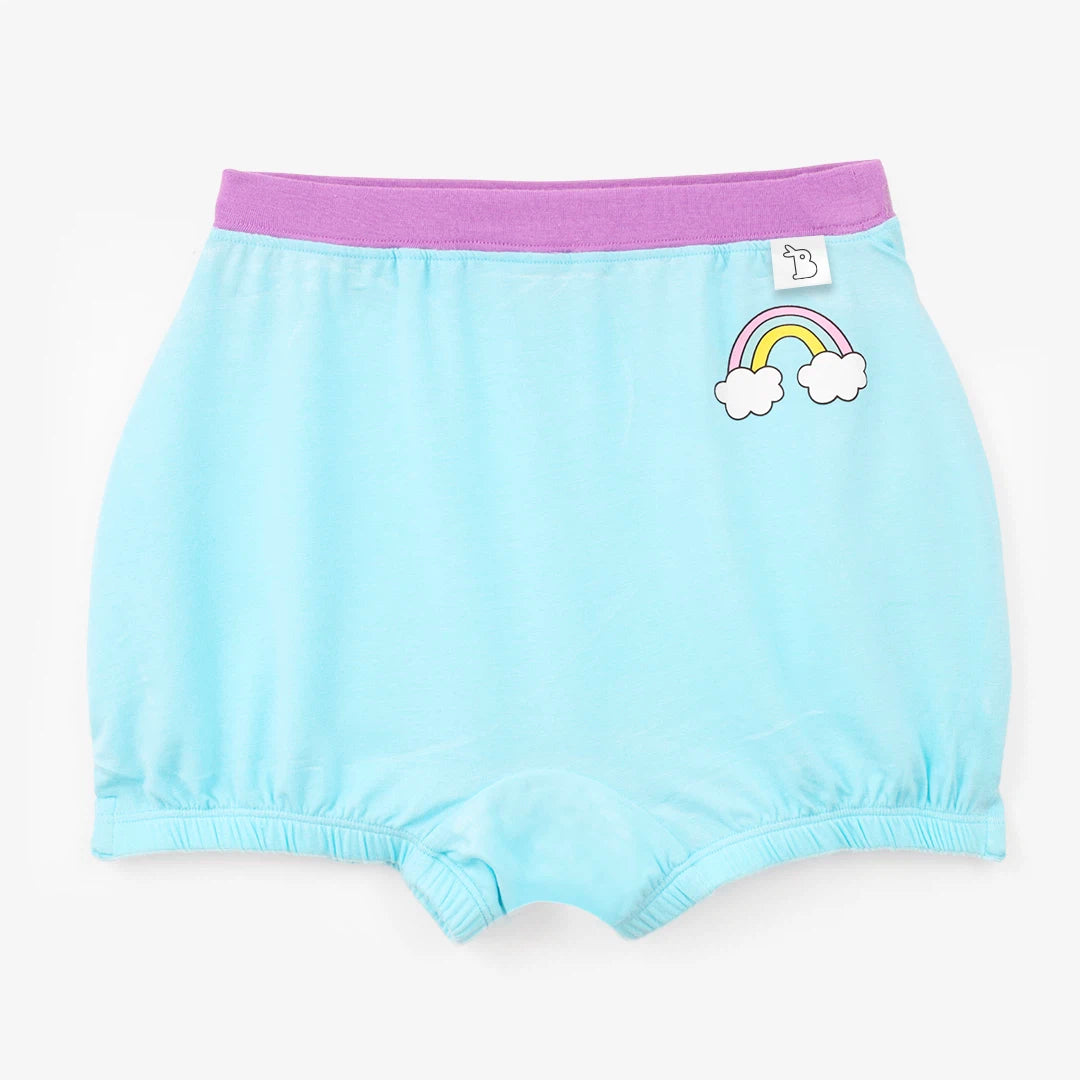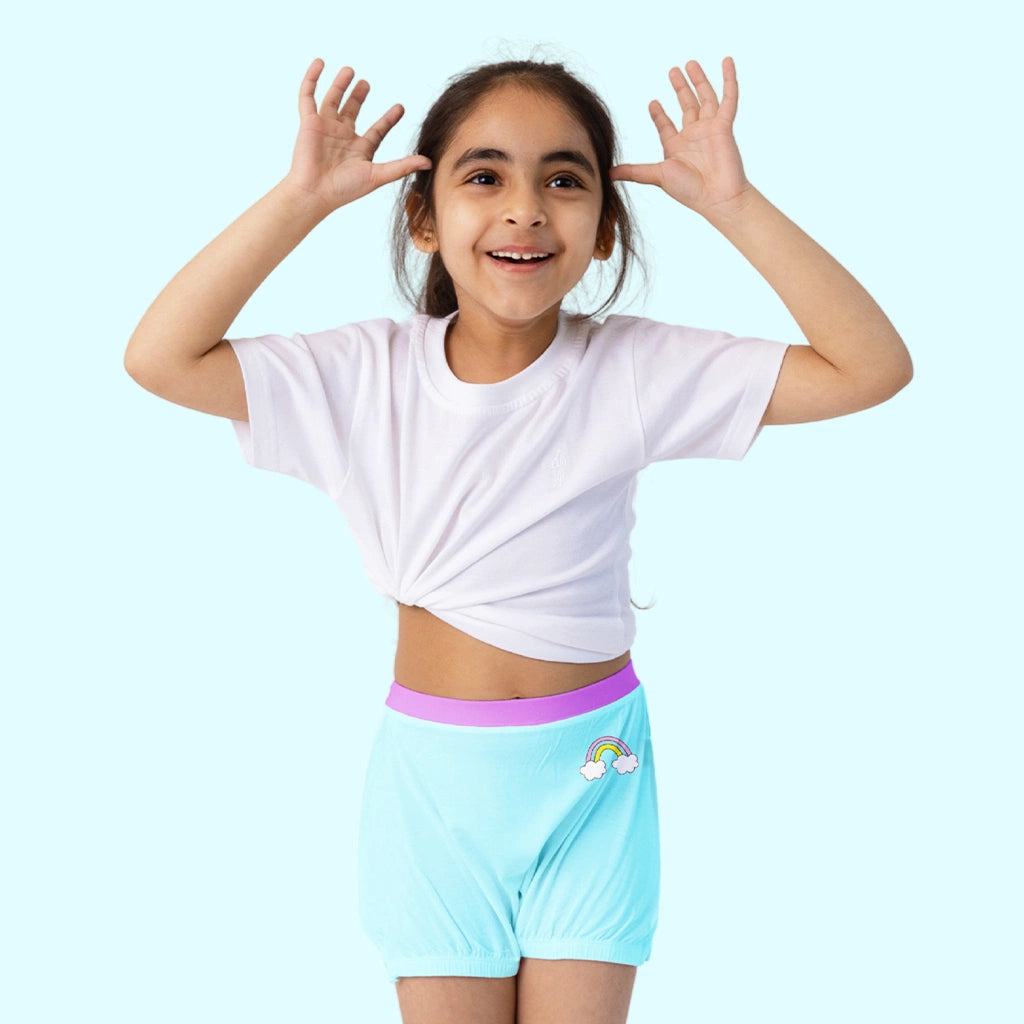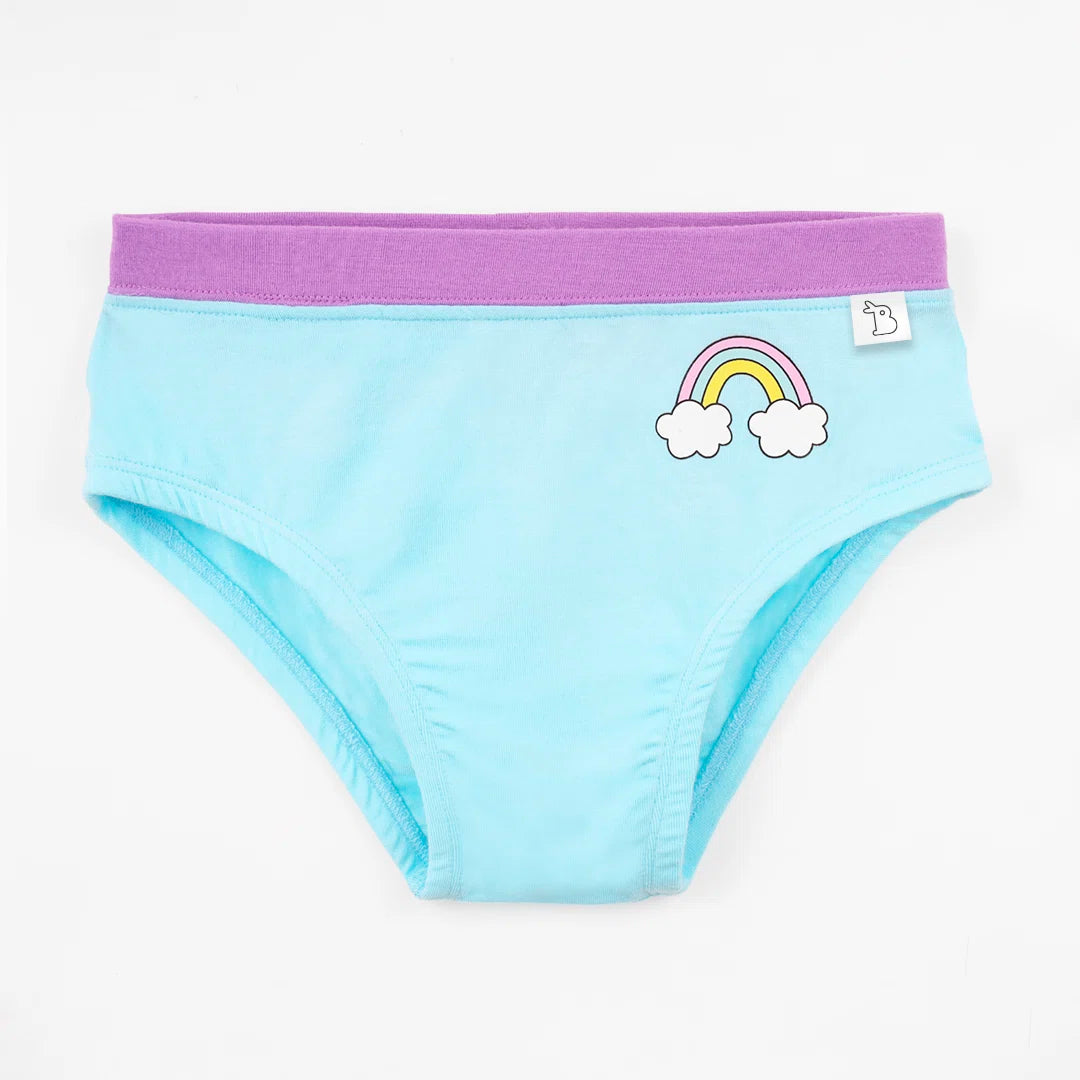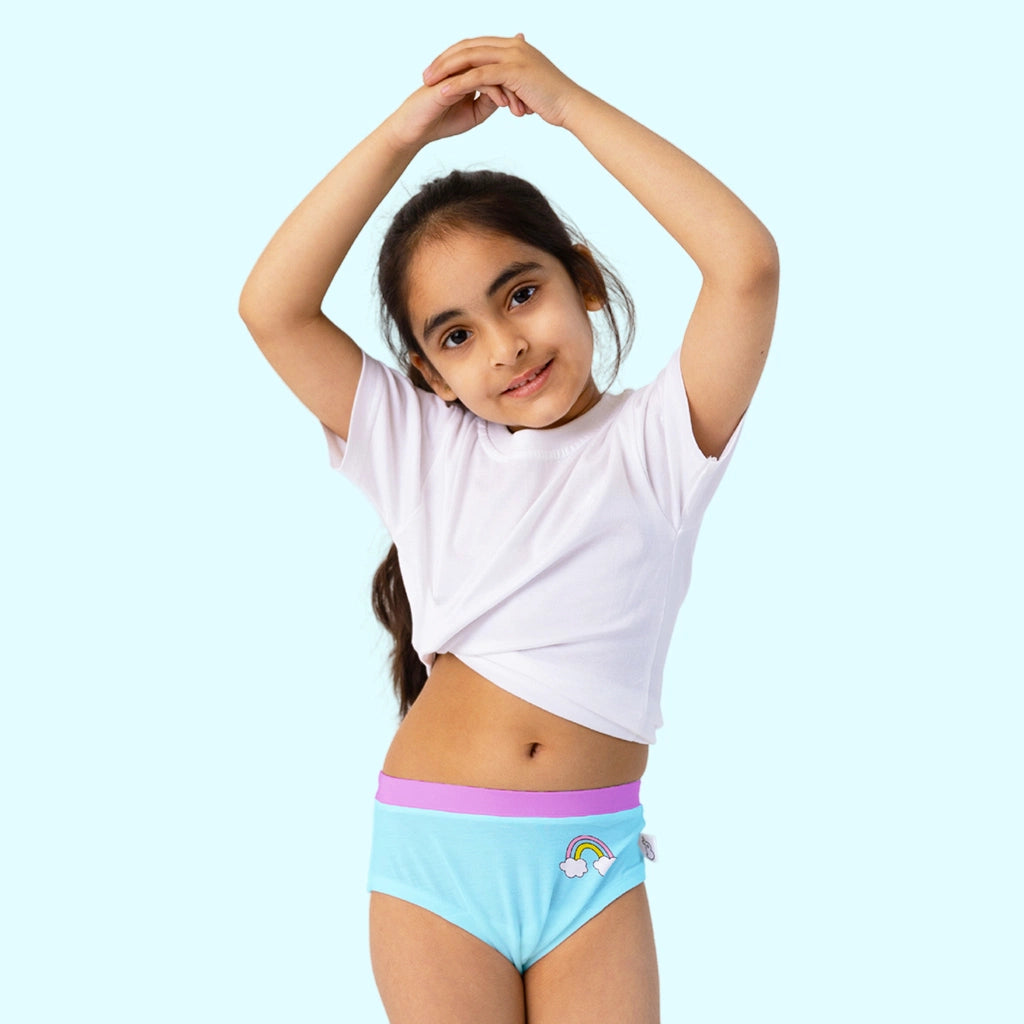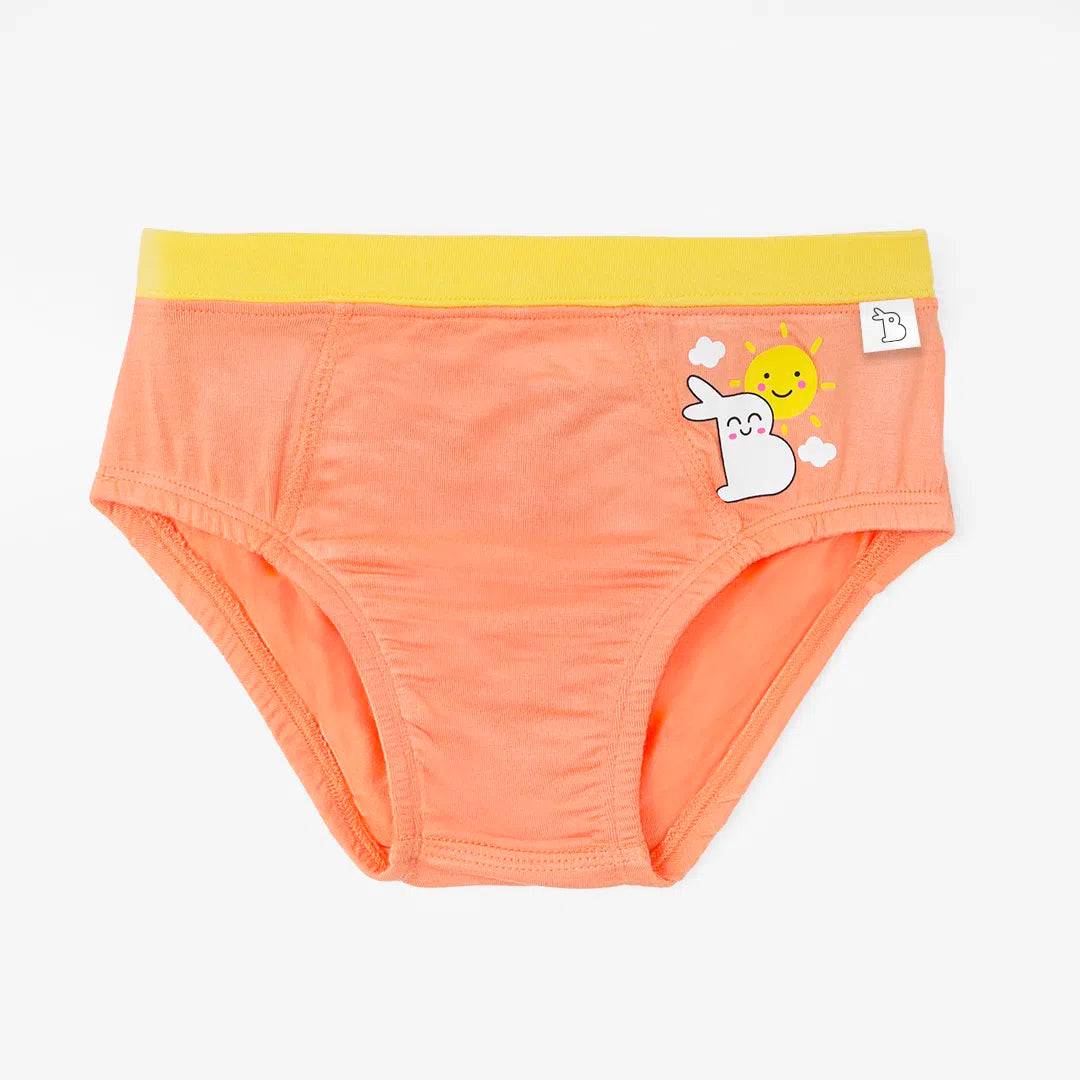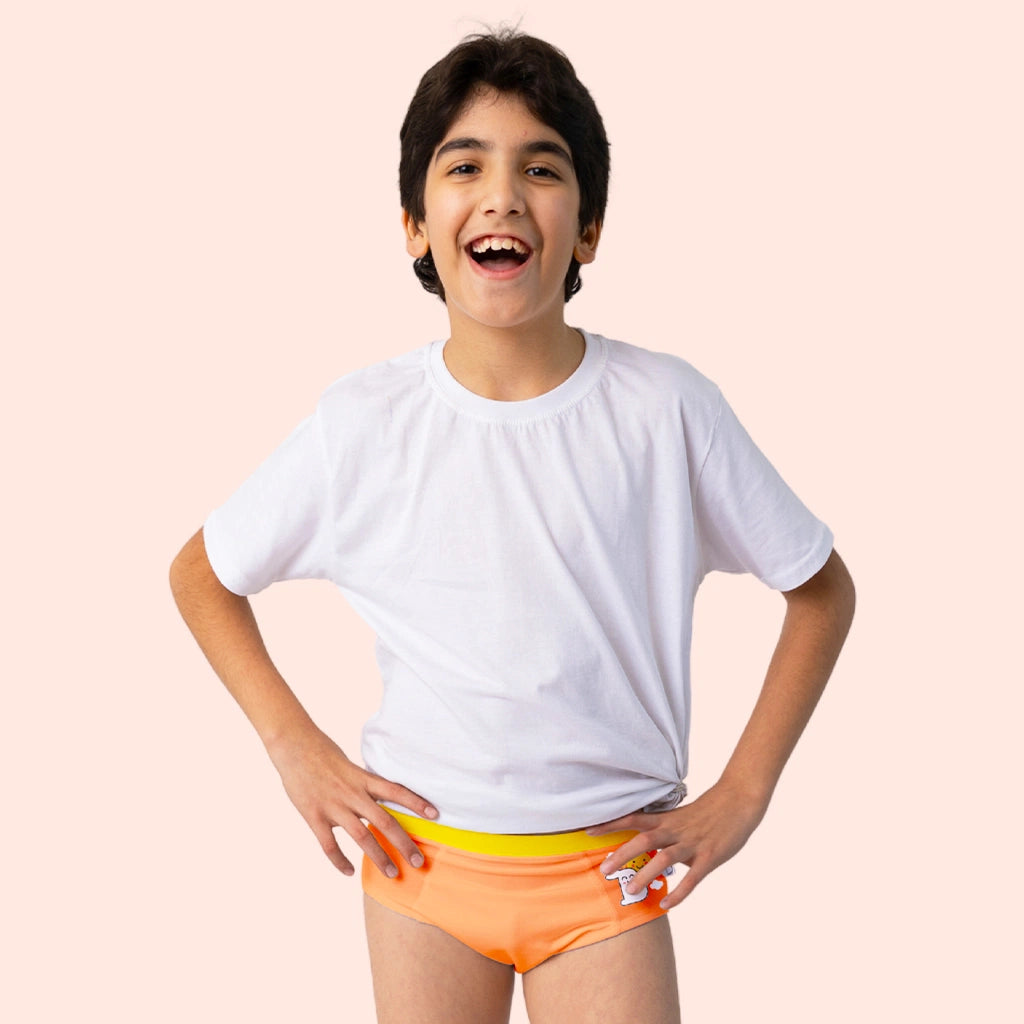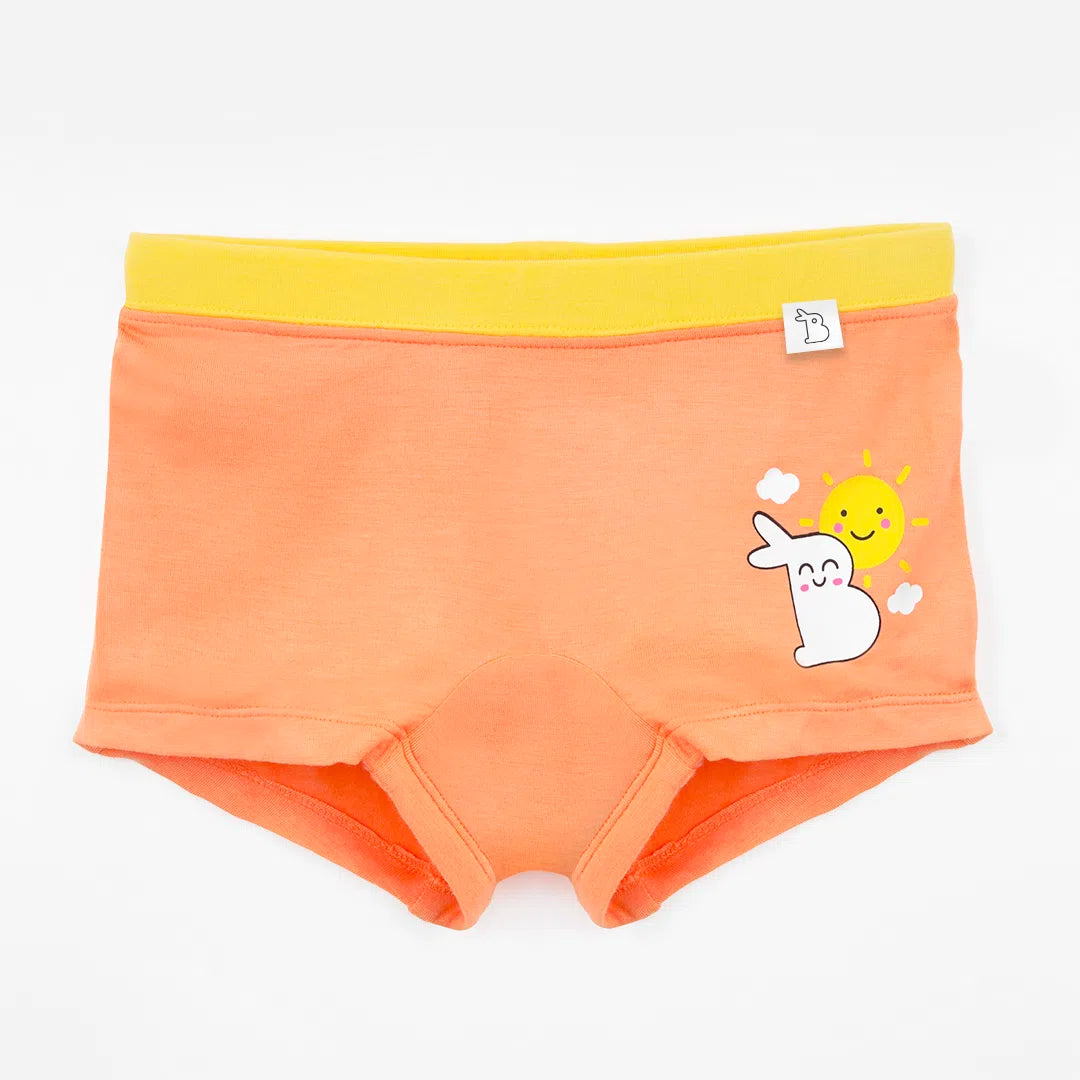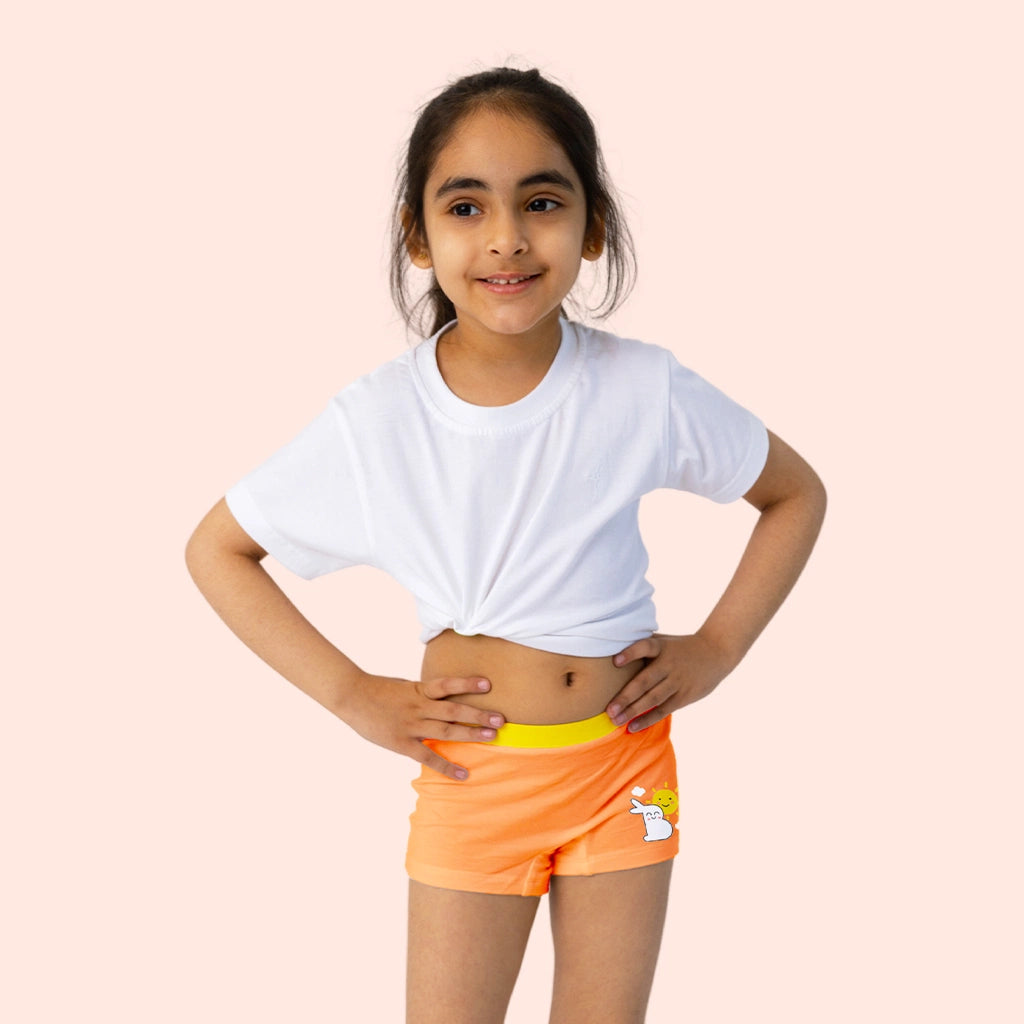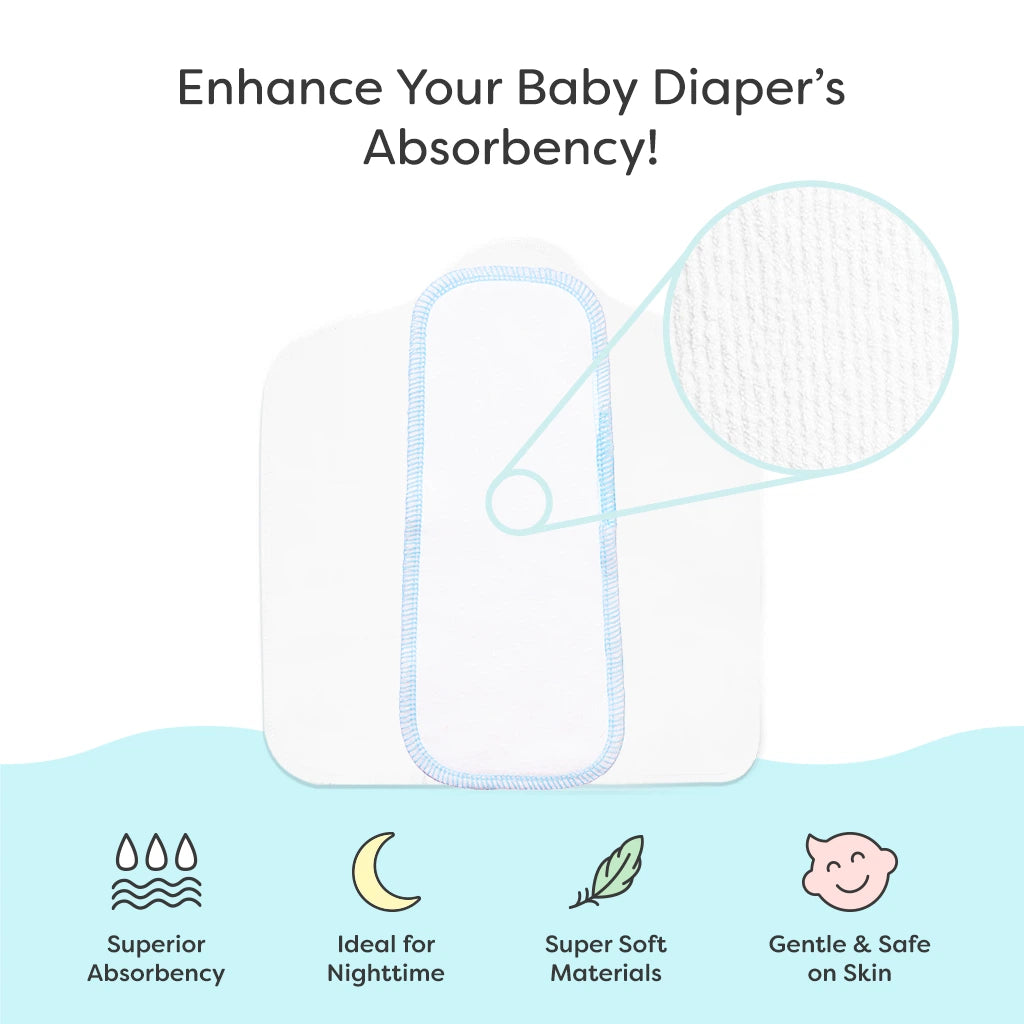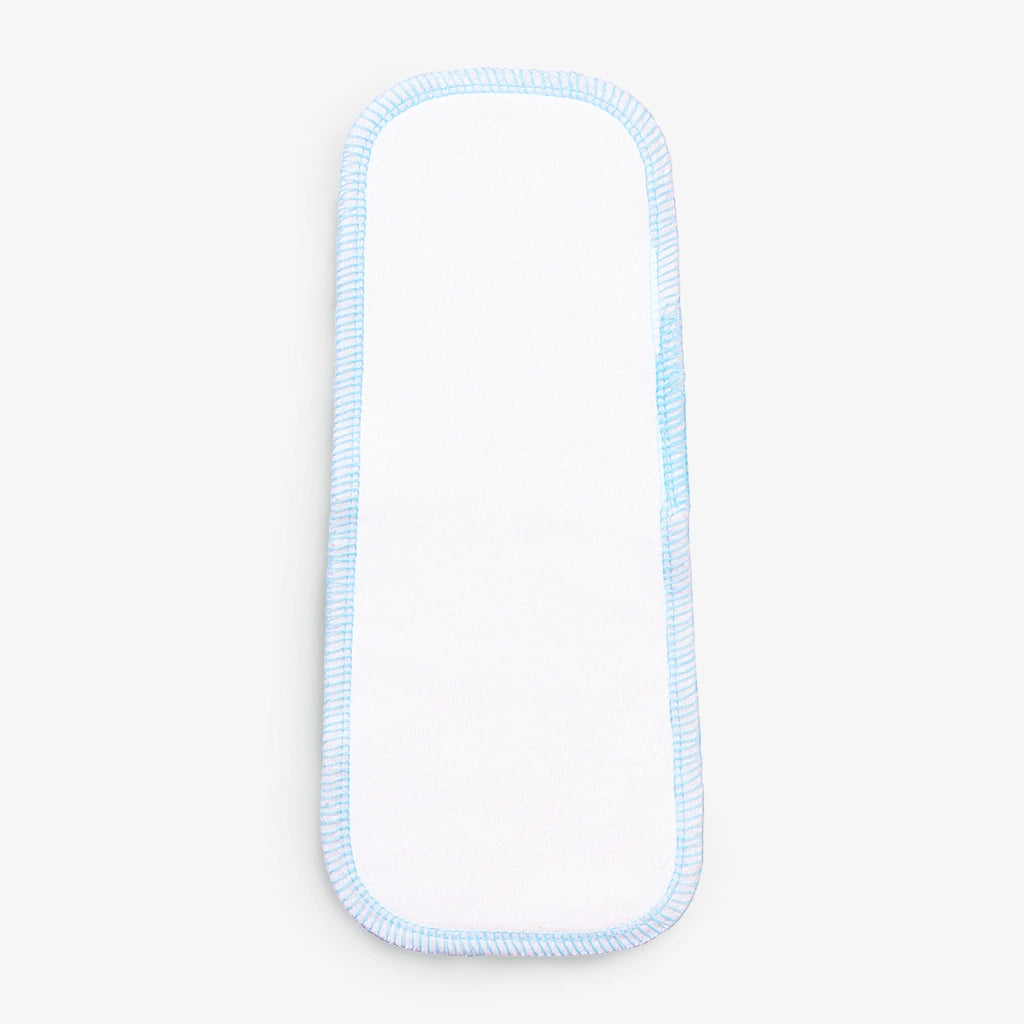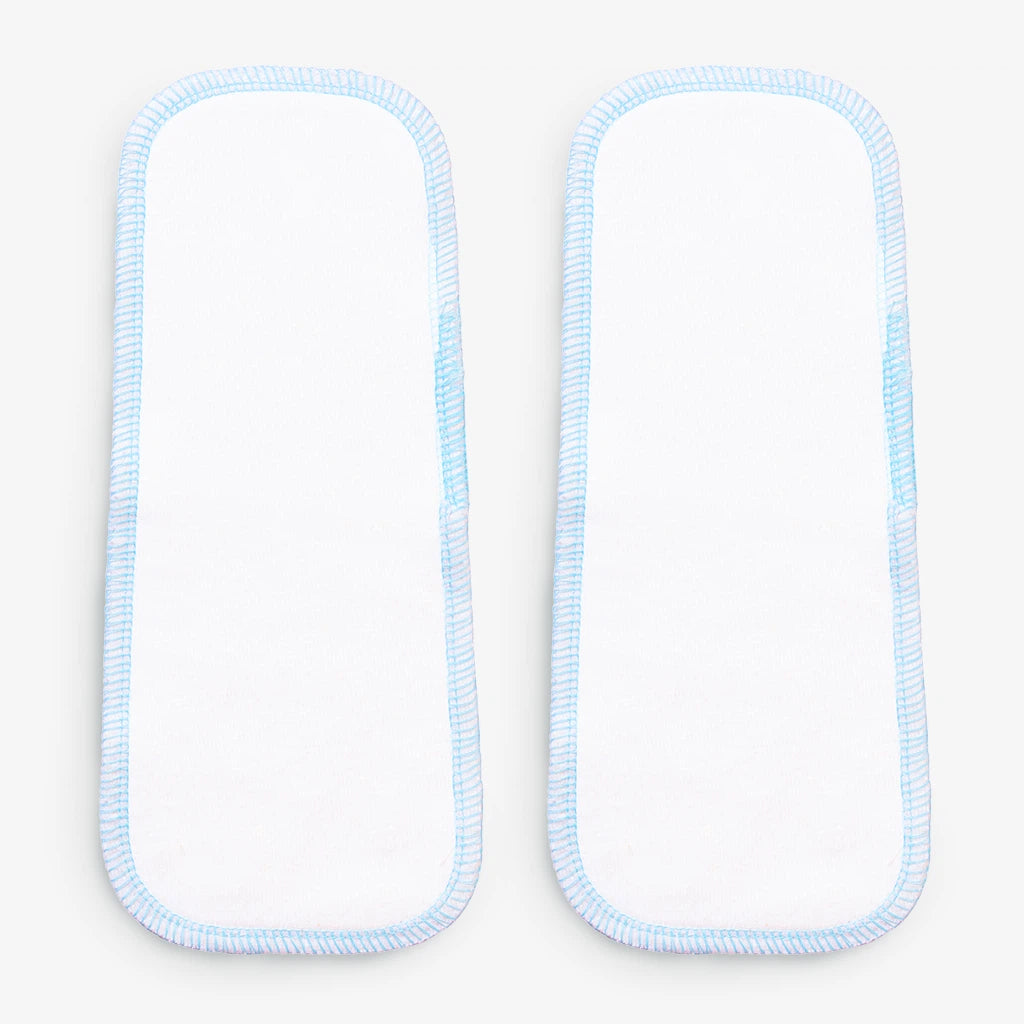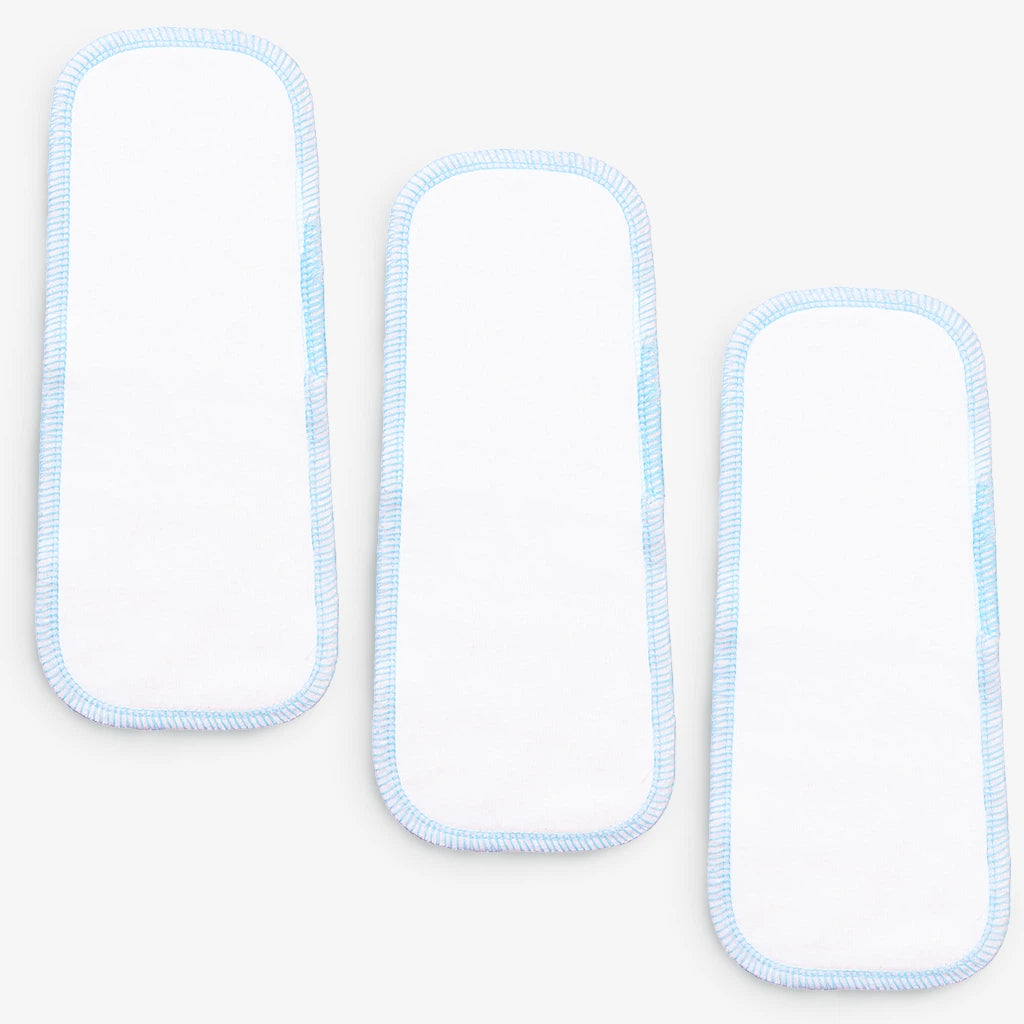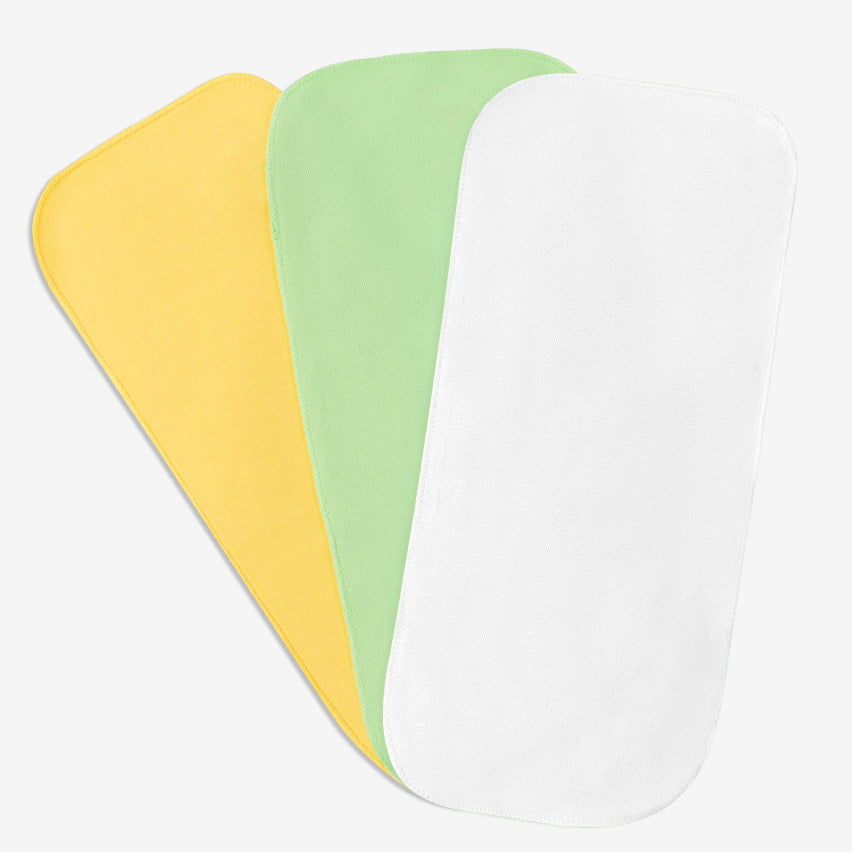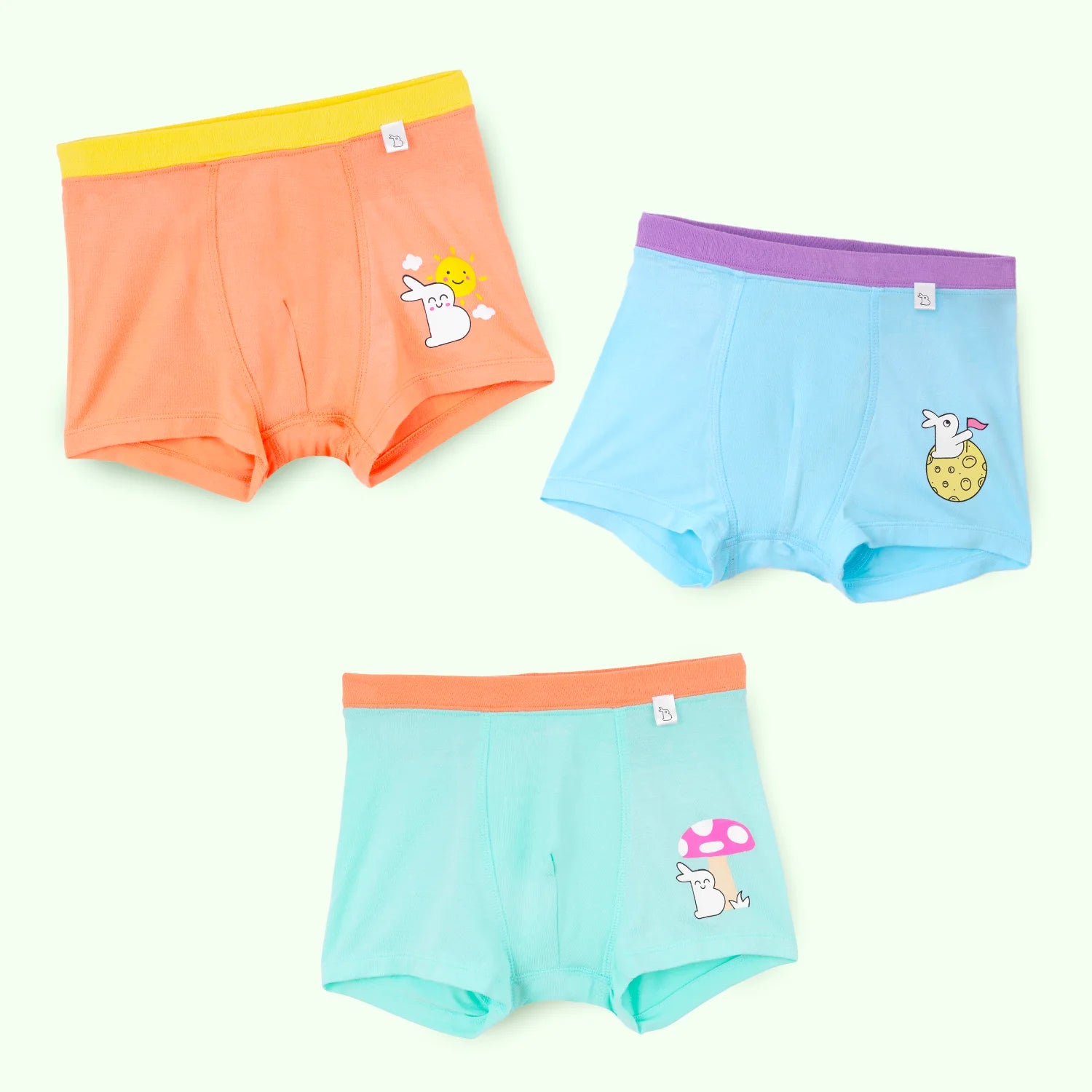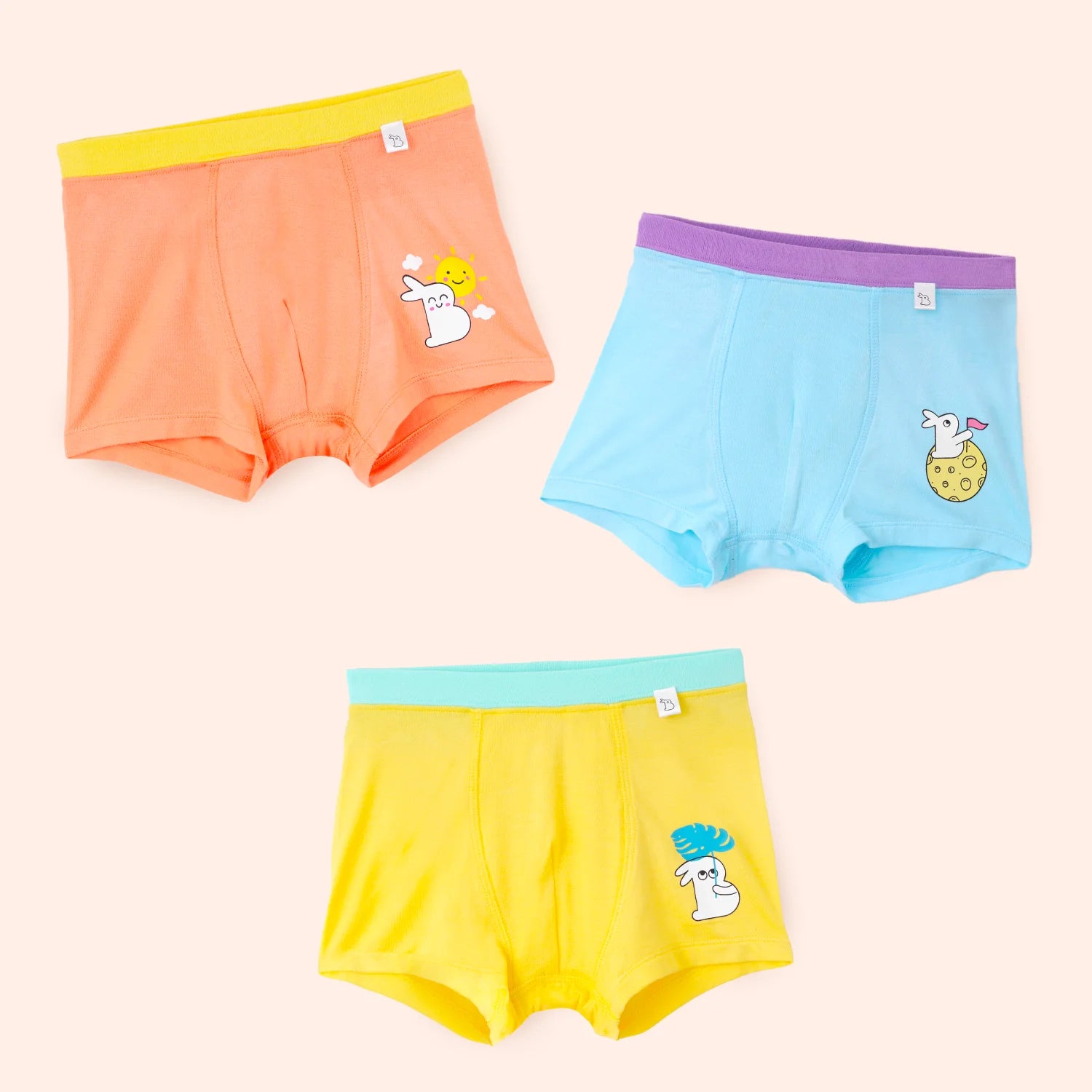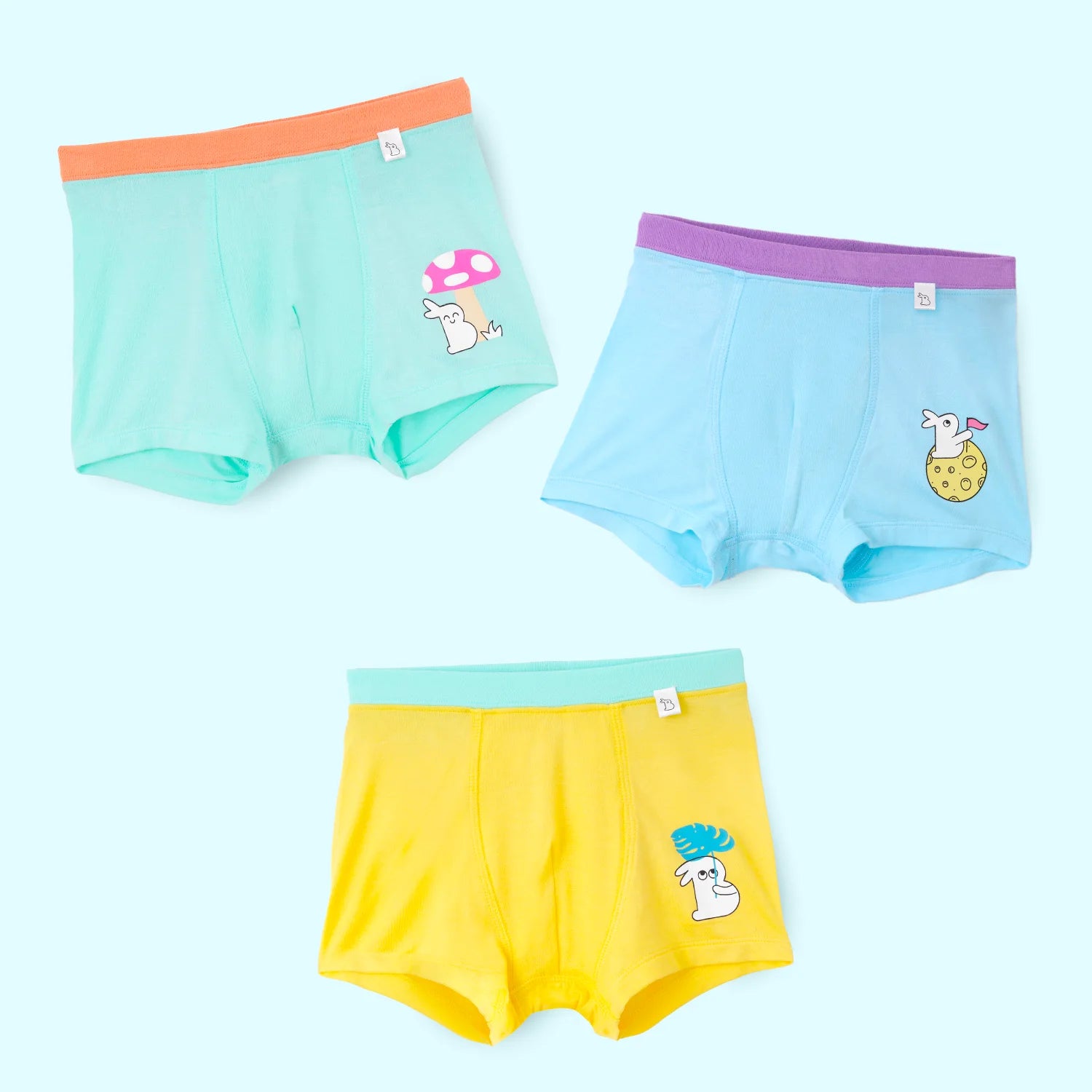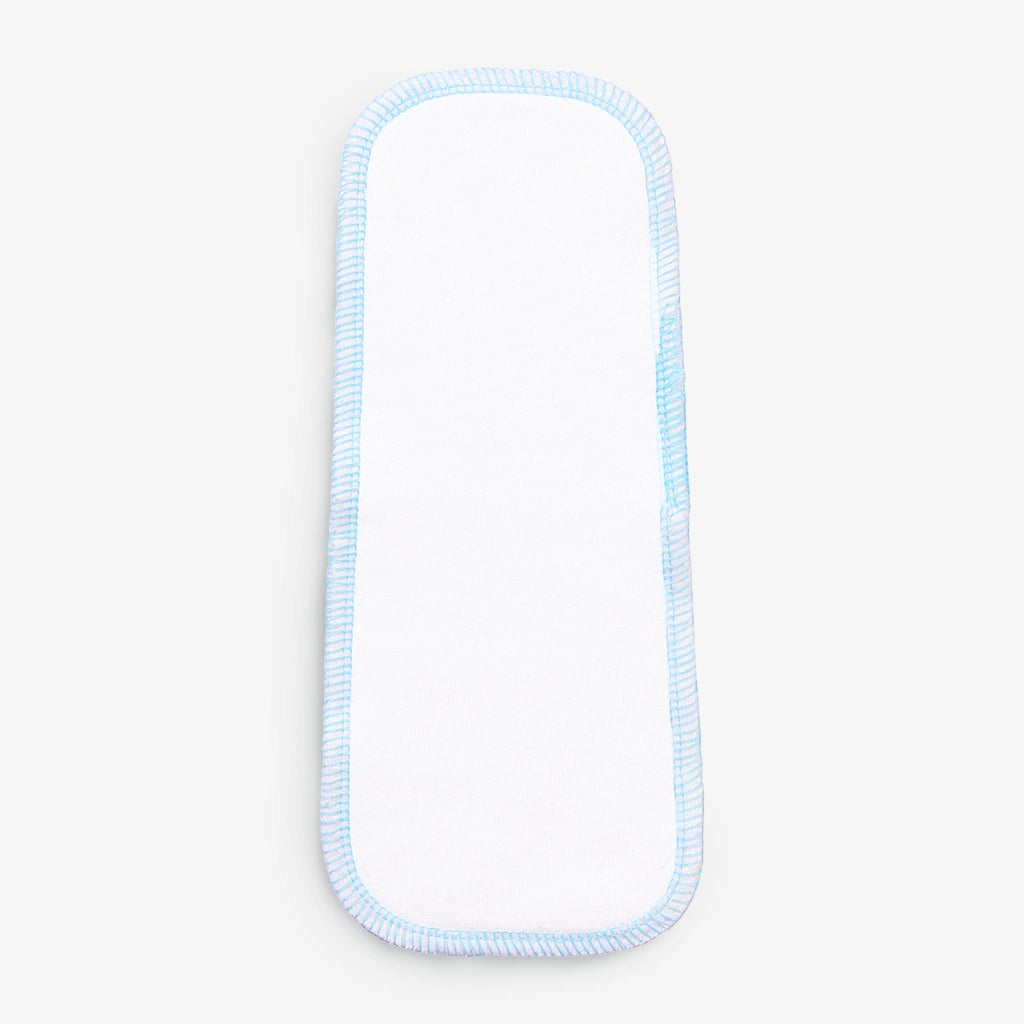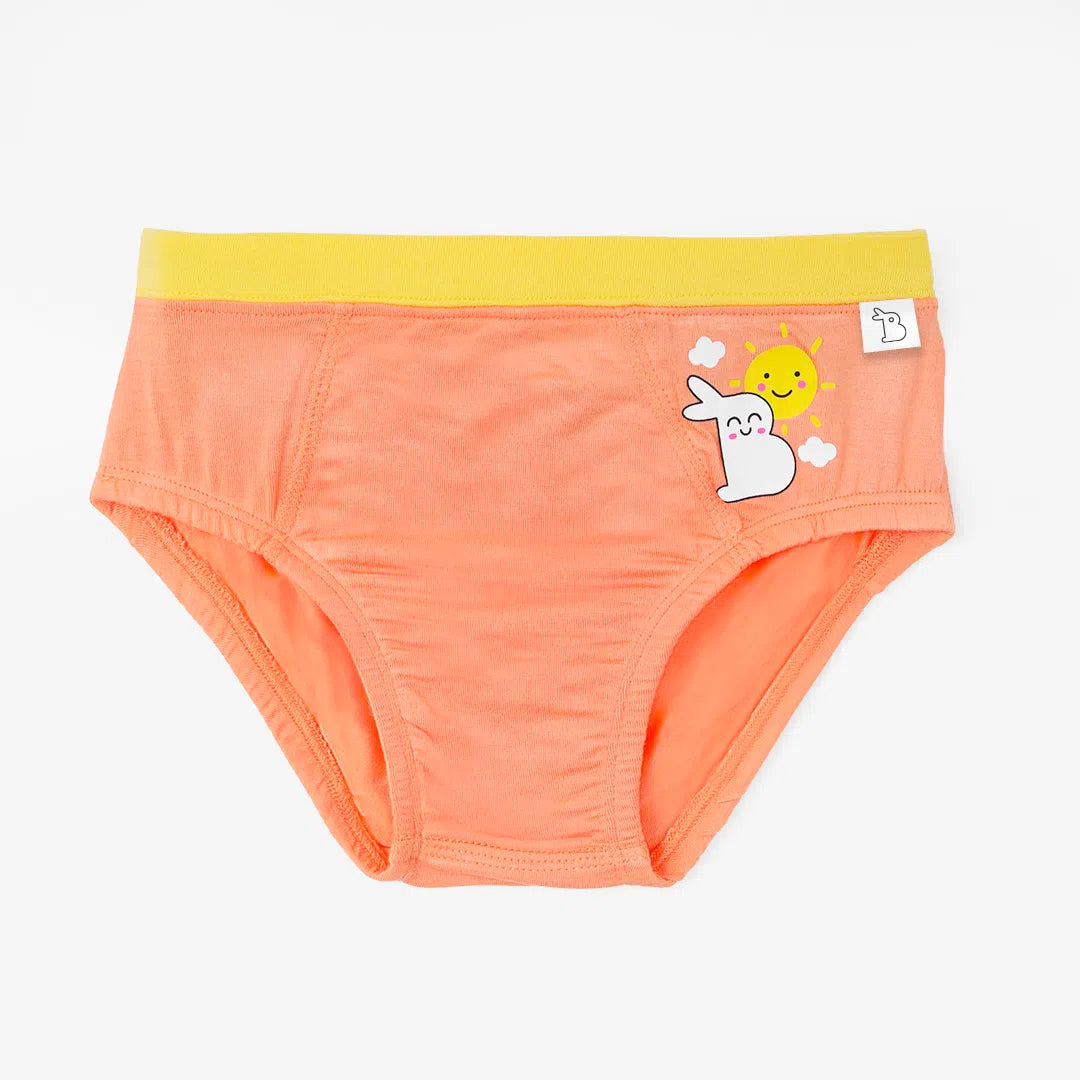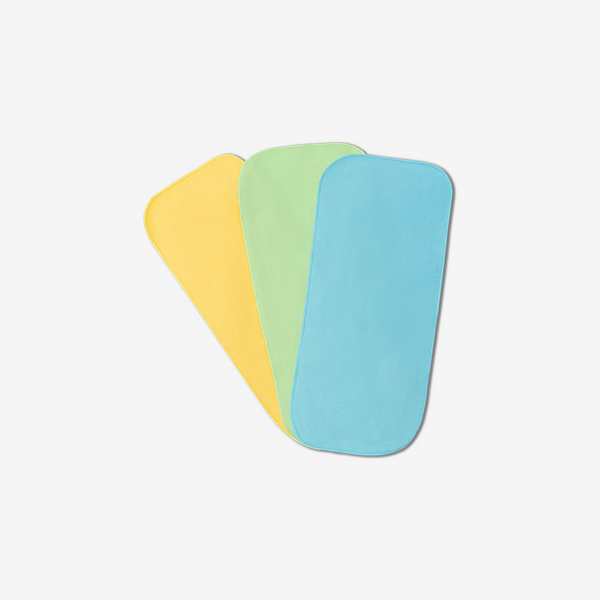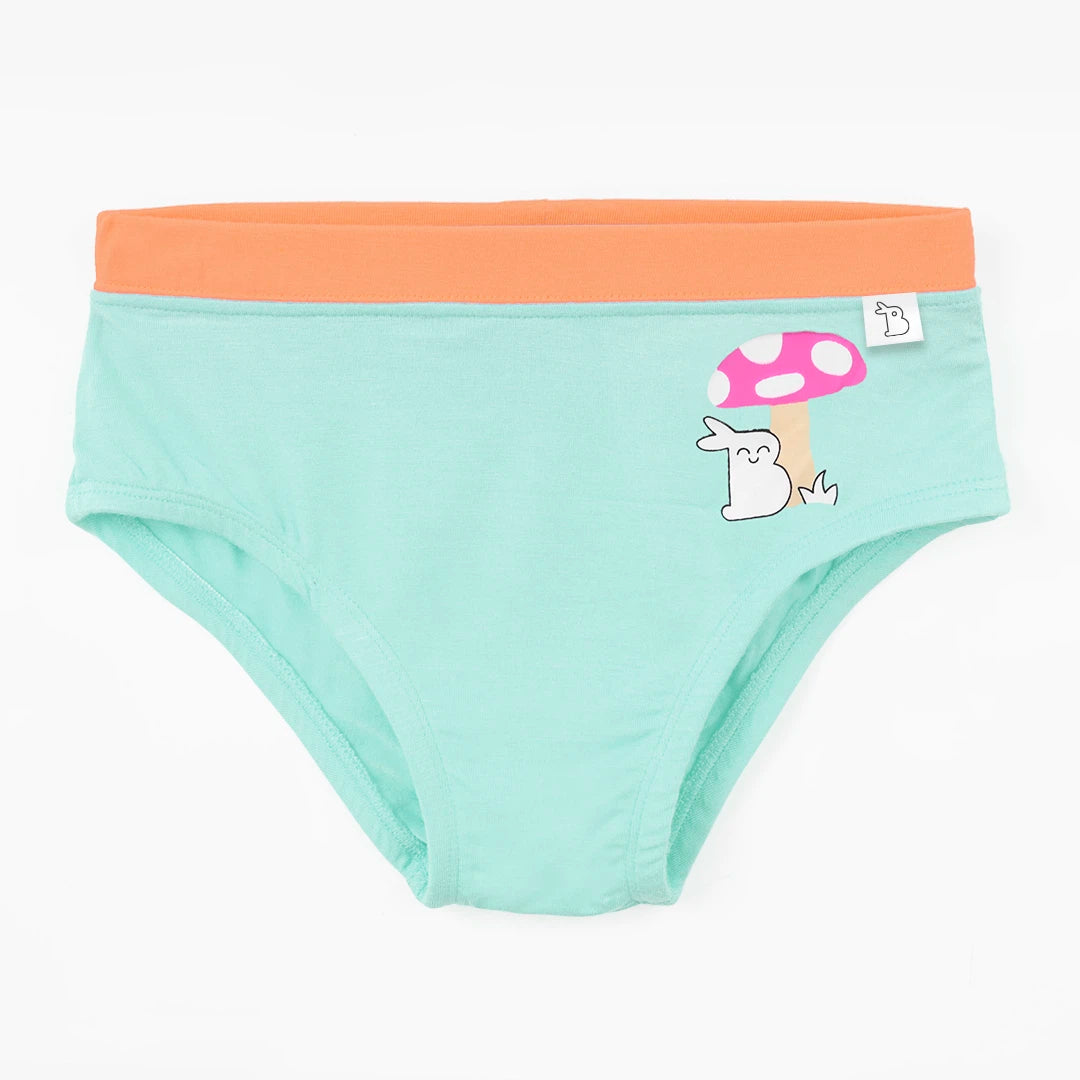A light to medium loss of control is referred to as urinary incontinence. It is a common symptom that affects 50% of women. The prevalence of this problem rises with age, with up to 75% of women over 65 reporting urine leakage. Incontinence affects women twice as much as it does men. This could be because urinary incontinence is more common during pregnancy, childbirth, and menopause.
Women's two most common types of urinary incontinence are stress and urge incontinence, also known as overactive bladder. However, other causes also lead to urinary incontinence, such as urinary tract infections (UTIs), pelvic floor disorders, and enlarged prostate. Please continue reading to learn more about urinary incontinence, its symptoms, and the best bladder leakage underwear for treating it.
What is Urinary Incontinence?
Urinary incontinence occurs when a person cannot keep urine from leaking out; it is a problem that affects many people. When you have incontinence, you may have problems with bladder control and leak urine. This leakage is frequently uncontrollable and can have a negative impact on your life.
Urinary Incontinence is a common problem after childbirth; one in every three women who had a baby will experience leakage at some point. However, you can look for incontinence period underwear, postpartum underwear, incontinence panty, and maternity underwear, among other things. Unlike adult diapers, these products are slim and are specifically designed to help you with leakage or bleeding. So even if you have not given birth, this product may be helpful for your incontinence problem.
What Are The Various Kinds Of Incontinence?
There are numerous types of incontinence. These types of urine leakage have different causes, characteristics, and triggers. Knowing the type of incontinence is essential to the incontinence diagnosis and treatment plan.
Examples of Incontinence:
1. Stress Incontinence: Some new mothers may leak urine when they laugh, sneeze, cough, or exercise. This is referred to as stress incontinence. Your pelvic floor muscles are weak and no longer support your pelvic organs as they should in this type of incontinence. Because of your muscle weakness, you are more likely to leak urine when you move around.
2. Urge Incontinence: This type of incontinence is recognised as an urgent need to urinate. This frequently occurs too quickly for you to reach a toilet, and you end up leaking urine. Overactive bladder is a condition that can cause urge incontinence (OAB). OAB can be caused by several factors, including weak pelvic muscles, nerve damage, infection, low estrogen levels after menopause, or being overweight. In addition, some medications and beverages, such as caffeine and alcohol, can cause OAB.
3. Mixed Incontinence: This type of incontinence is caused by a combination of issues that all lead to leakage. When you have mixed incontinence, you may have stress incontinence as well as an overactive bladder. When you have leakage issues with this type of incontinence, paying attention to your actions is essential. The best way to manage mixed incontinence is to identify what causes it.
4. Overflow Incontinence: It occurs when your bladder does not empty each time you urinate. Overflow incontinence patients never empty their bladder, putting them at risk of a spill. This usually results in small amounts of urine dripping out over time rather than a large gush of urine. People with chronic conditions such as multiple sclerosis (MS), stroke, or diabetes are more likely to experience this type of incontinence.
What Causes Urinary Incontinence?
There are numerous reasons why you may experience incontinence. These causes can differ depending on whether you are a man or a woman. Some causes are temporary medical conditions that usually resolve once treated. However, if you have leakage issues due to a chronic illness, it is usually something you will have to deal with over a more extended period.
The following are examples of temporary or short-term causes of incontinence:
1 • Infection of the urinary tract: This infection can irritate your bladder, causing a strong desire to urinate and, in some cases, incontinence.
2 • Childbirth and pregnancy: The strain of carrying a baby and giving birth can weaken pelvic muscles, ligaments, and nerves, resulting in incontinence.
3 • Beverages: Certain drinks, such as coffee and alcohol, can cause you to urinate much more frequently. When you stop drinking these beverages, your need to urinate more regularly usually decreases.
Chronic or long-term incontinence causes can include the following:
1 • Stroke: A stroke can result in problems with muscle control. This consists of the muscles that control your urinary system.
2 • Diabetes: Diabetes causes your body to produce more urine. This increase in urine volume may result in leakage problems. Furthermore, peripheral neuropathy can hinder bladder function.
3 • Menopause: When estrogen levels drop, stress incontinence and OAB become more common. Estrogen promotes the health of the bladder, pelvic muscles, and urethra.
|
Limited Offers Ending Sooner - BUY NOW Now or never offers live on the SuperBottoms website. Take advantage of the never-before Good Value for Money on our offer page! Stock up on the bestselling UNO diapers, accessories and other popular SuperBottoms baby and mom products now available in deals and discounts. HURRY, the Deals are Live till stocks last! |
Why Does Pregnancy Cause Incontinence?
Your growing baby can put a lot of strain on your bladder during pregnancy. This can result in urine leakage (incontinence). In addition, bladder control issues can occur both during and after childbirth. Since your bladder cannot hold as much as it used to, you may need to pee more during pregnancy. This may become even more difficult near the end of the pregnancy when the baby is at its largest.
The weakening of your pelvic floor muscles is another cause of incontinence during pregnancy. These muscles provide support for all of the organs in your pelvis. They can be stretched and weakened during pregnancy as your uterus expands.
How Can Incontinence In Pregnant Women Be Treated?
There are several approaches to treating bladder control issues. Kegel exercises are one of the more essential things that may assist in improving bladder control and reducing urine leakage. Changing your diet, losing weight, and wearing bladder leakage period underwear panties made up of sustainable materials may help.
The SuperBottoms MAxAbsorb Incontinence Underwear is composed of 60% premium plant-based bamboo fabric, 35% cotton, and 5% lycra. It has four layers of protection, with the first layer keeping you dry and comfortable and the second and third layers providing maximum absorption and zero leaks. While the outer layer keeps you free of strain and clean. It is extremely elastic, soft, breathable, antimicrobial, and completely leak-proof.
How to control Incontinence?
Some suggestions for bladder control issues include:
1. Keeping a healthy body weight: Extra body weight can strain the bladder. Losing weight after your child's birth can help relieve some of the pressure on your bladder.
2. Switch to decaffeinated beverages: Carbonated beverages, coffee, and tea may cause you to feel the need to urinate more frequently.
3. Incontinence Period Underwear: Unlike adult diapers, products like post-delivery panties, incontinence underwear, and maternity underwear are slim and are specifically designed to help you with leakage or bleeding.
SuperBottoms MaxAbsorb Bladder Leak Underwear is an all-day and all-night panty designed for women experiencing incontinence during pregnancy, postpartum (in situations of normal or C-section birth), ageing and other conditions. It is a long-lasting, effective, and sustainable way of assisting women who have mild bladder or urine leakage.
This all-day and all-night underwear is an excellent replacement for disposable maternity or postpartum pads, providing maximum comfort. This incontinence period underwear is washable and reusable for up to 2 years and is made of premium plant-based fabric. Even if you have not given birth, this product may be helpful for your incontinence problem.
Message From SuperBottoms
Hi there, new parents! No matter where you are around the world or in India, SuperBottoms ensures your kids are using the best and safest products. SuperBottoms offers the best cloth diapers, which are completely safe and gentle for your baby, DryFeel langots for diaper-free time, padded underwear for potty training your kids, and period underwear for women. These products suit your baby delicate skin at any time of year. SuperBottoms is a must-have product for you and your child whether you live in Canada, Kuwait, the United States, Qatar, Hawaii, Bahrain, Armenia, the United Arab Emirates, or the Philippines. SuperBottoms products are also available on Amazon, Myntra, Flipkart, FirstCry, Zepto, Swiggy and Blinkit.

